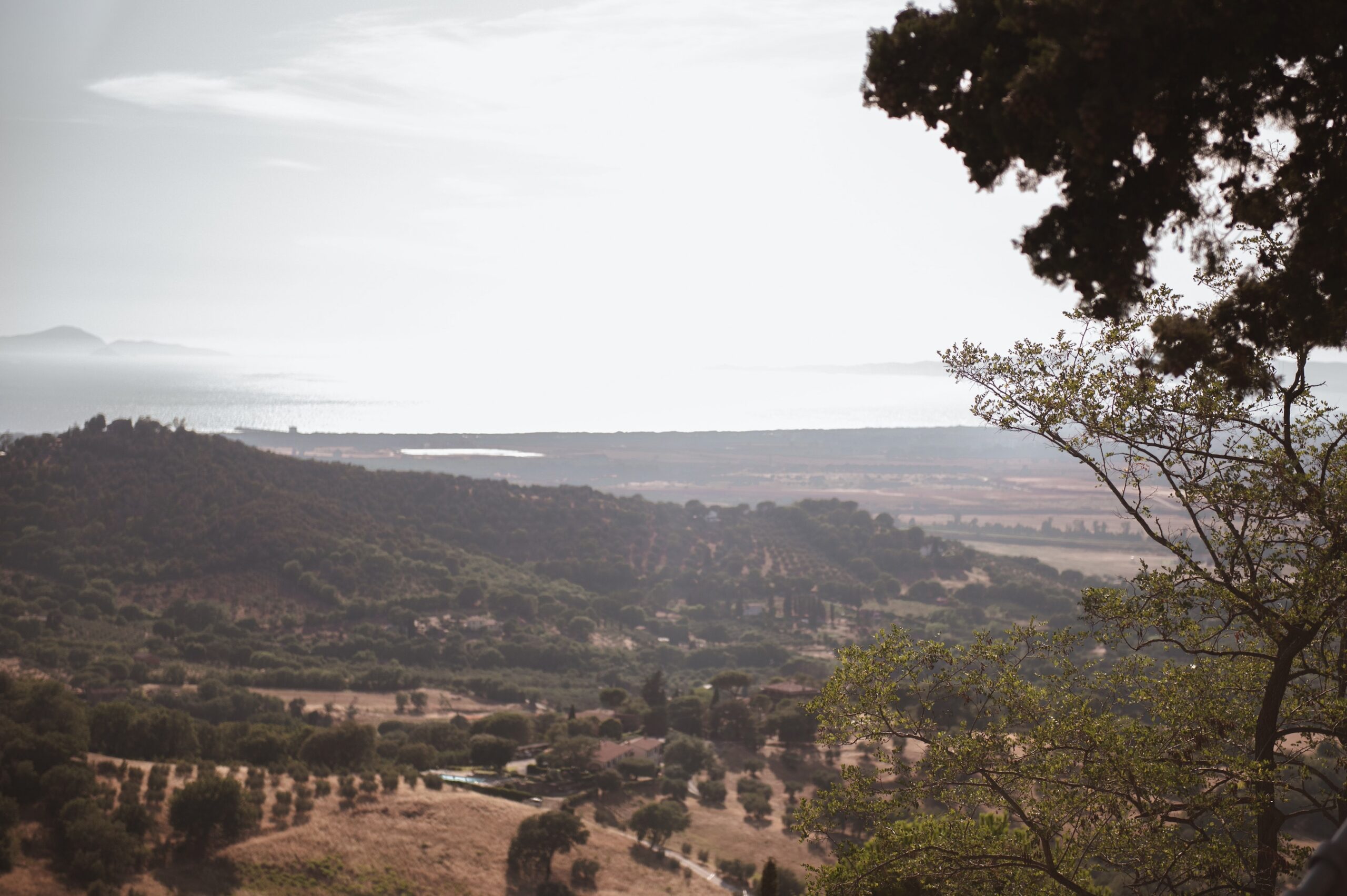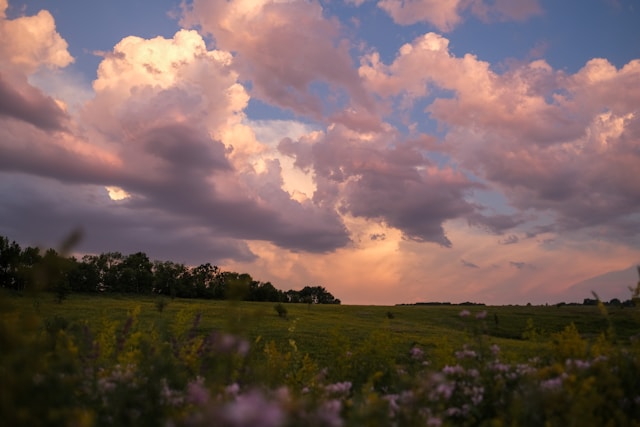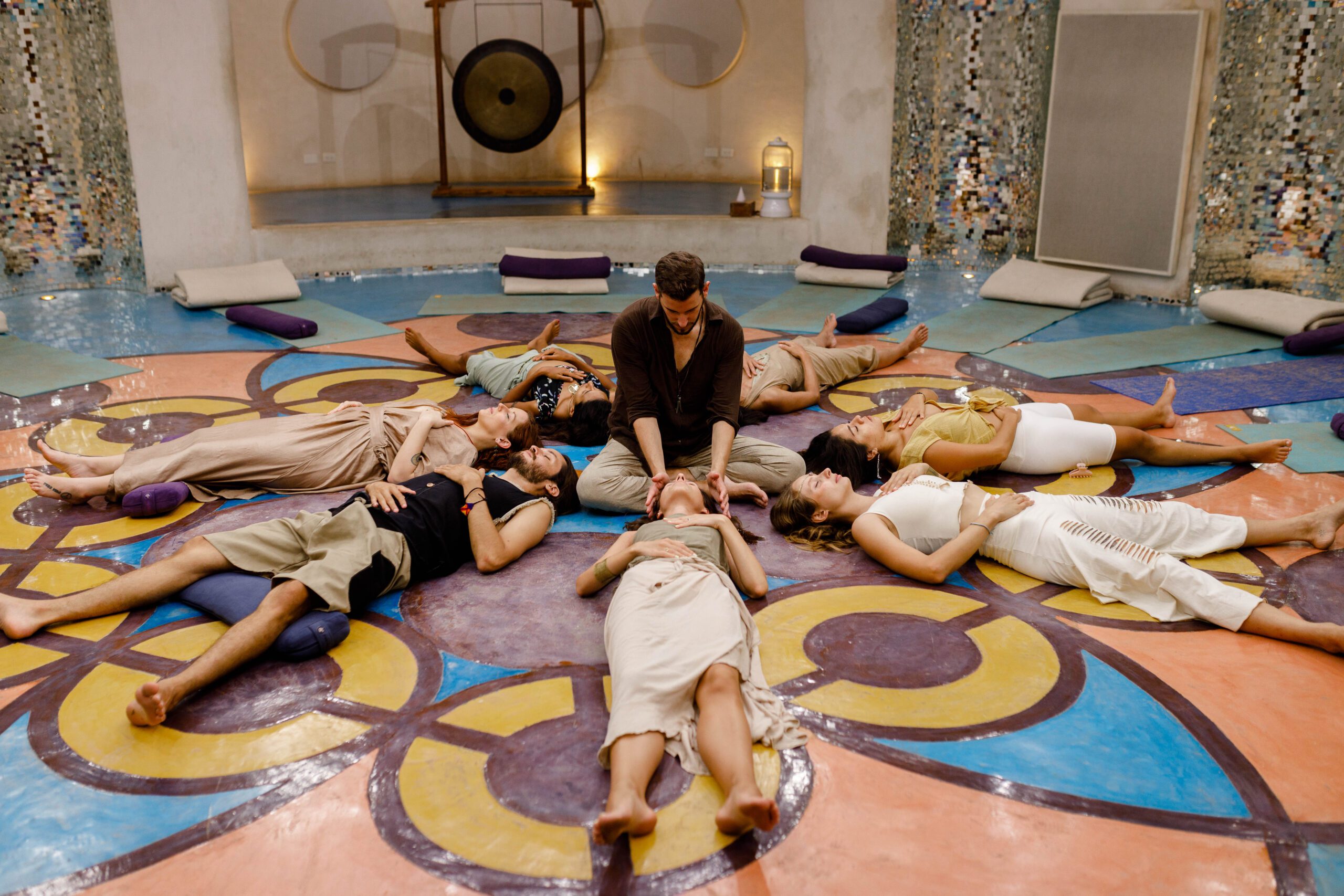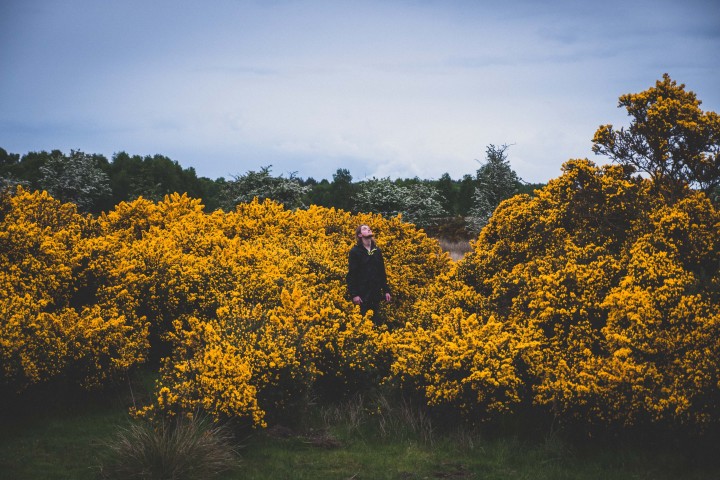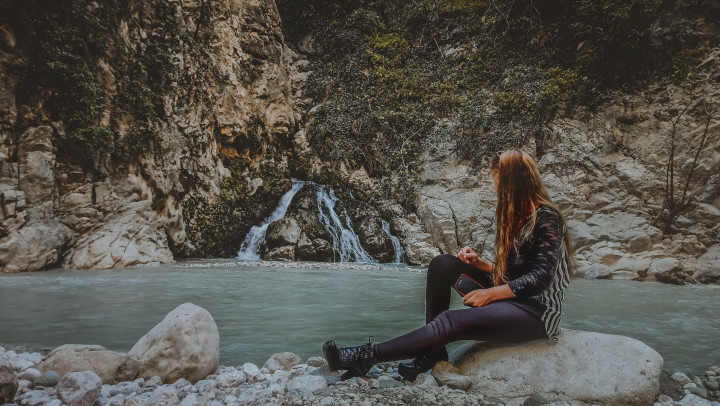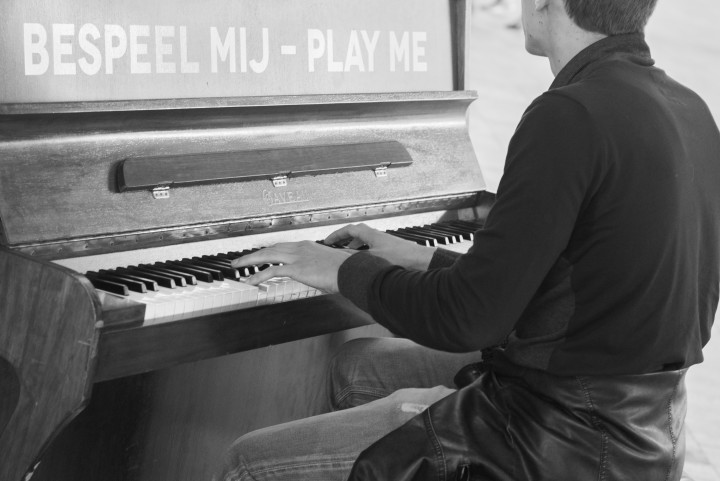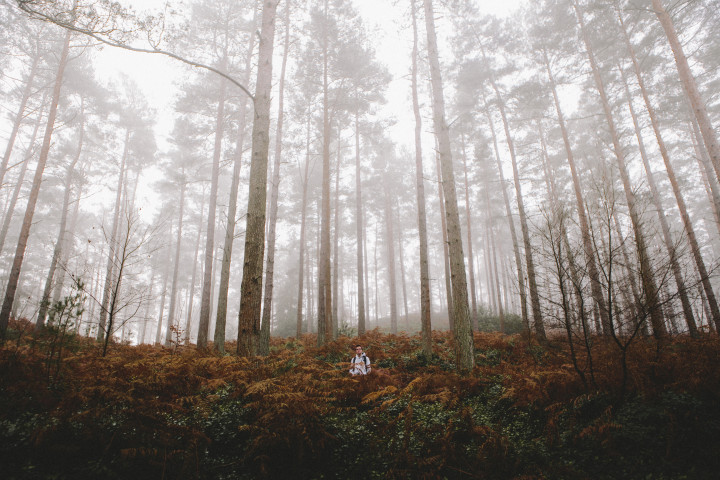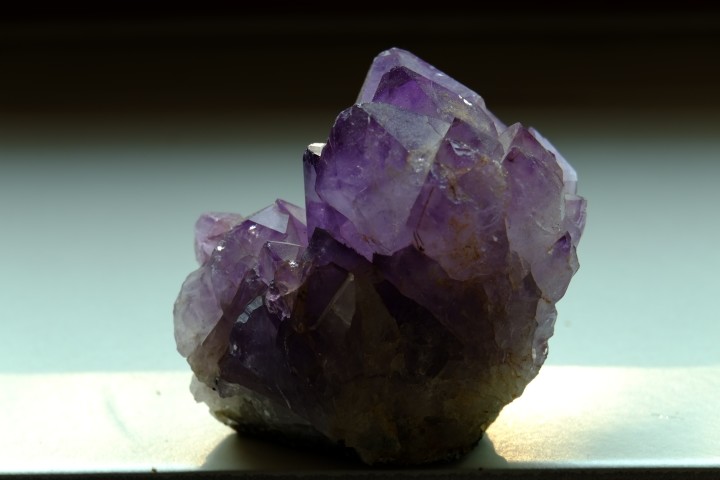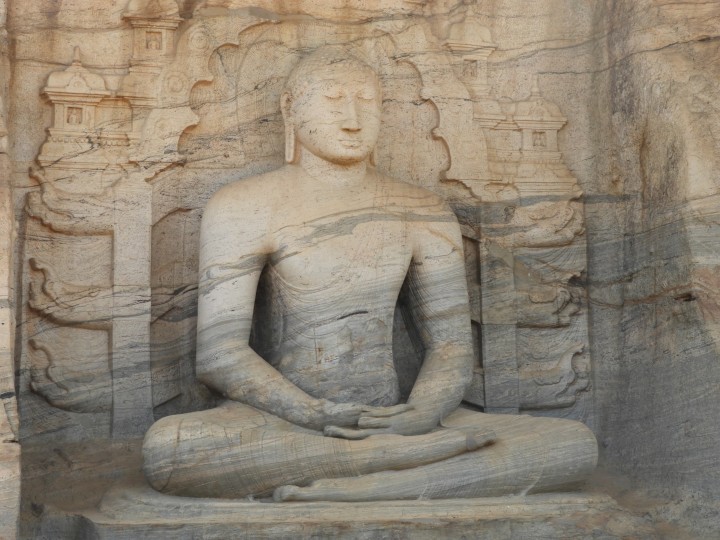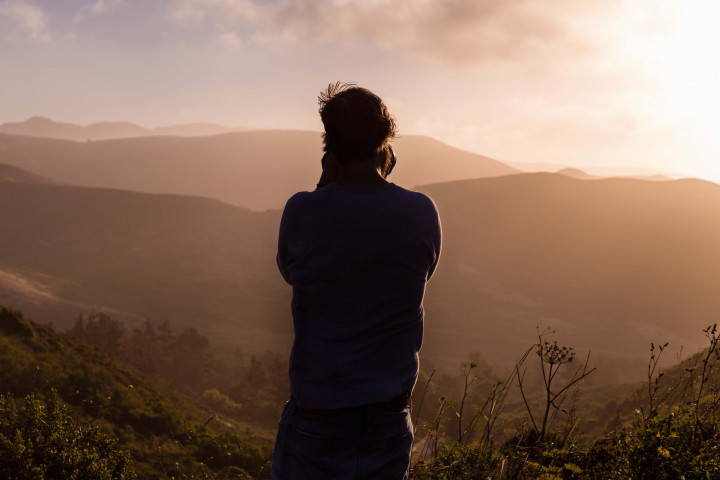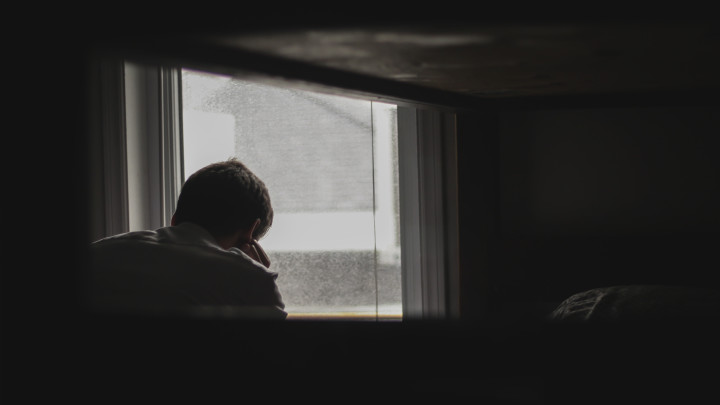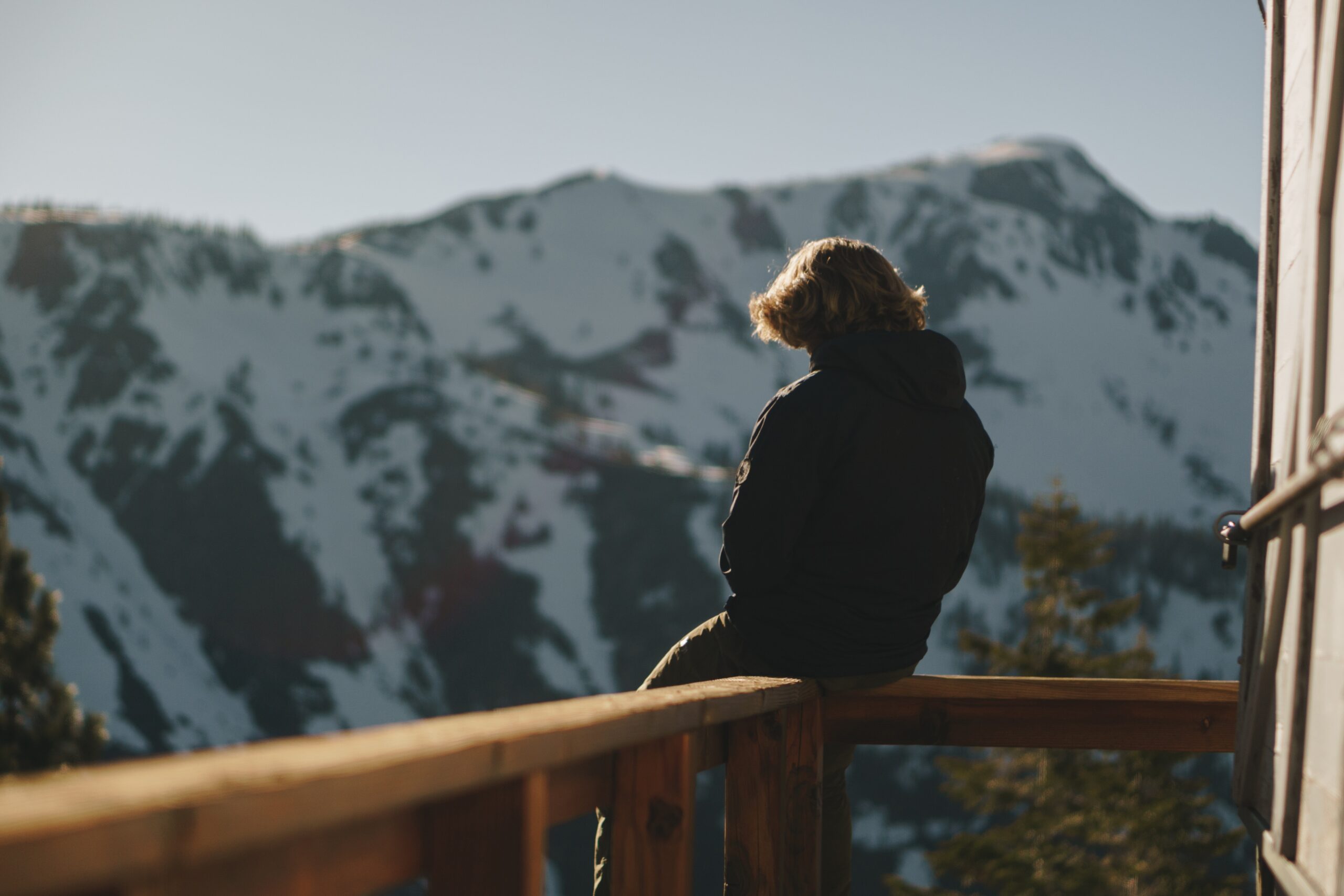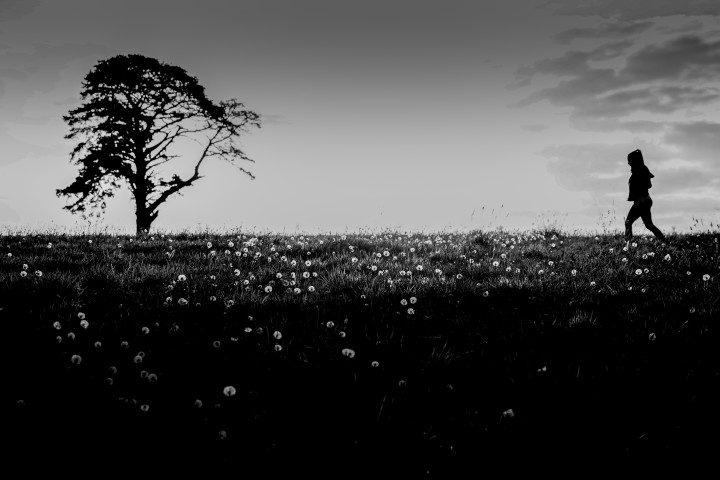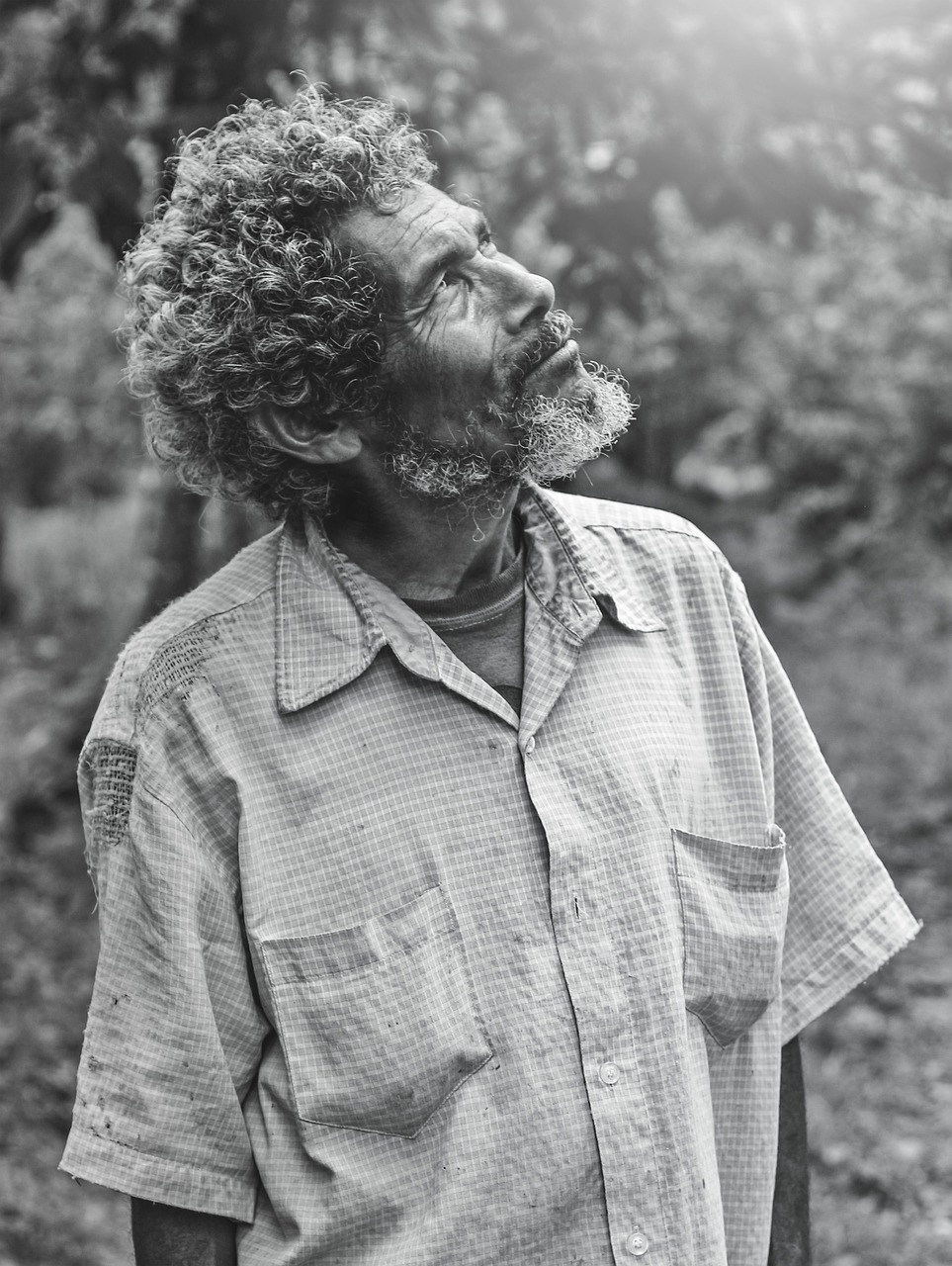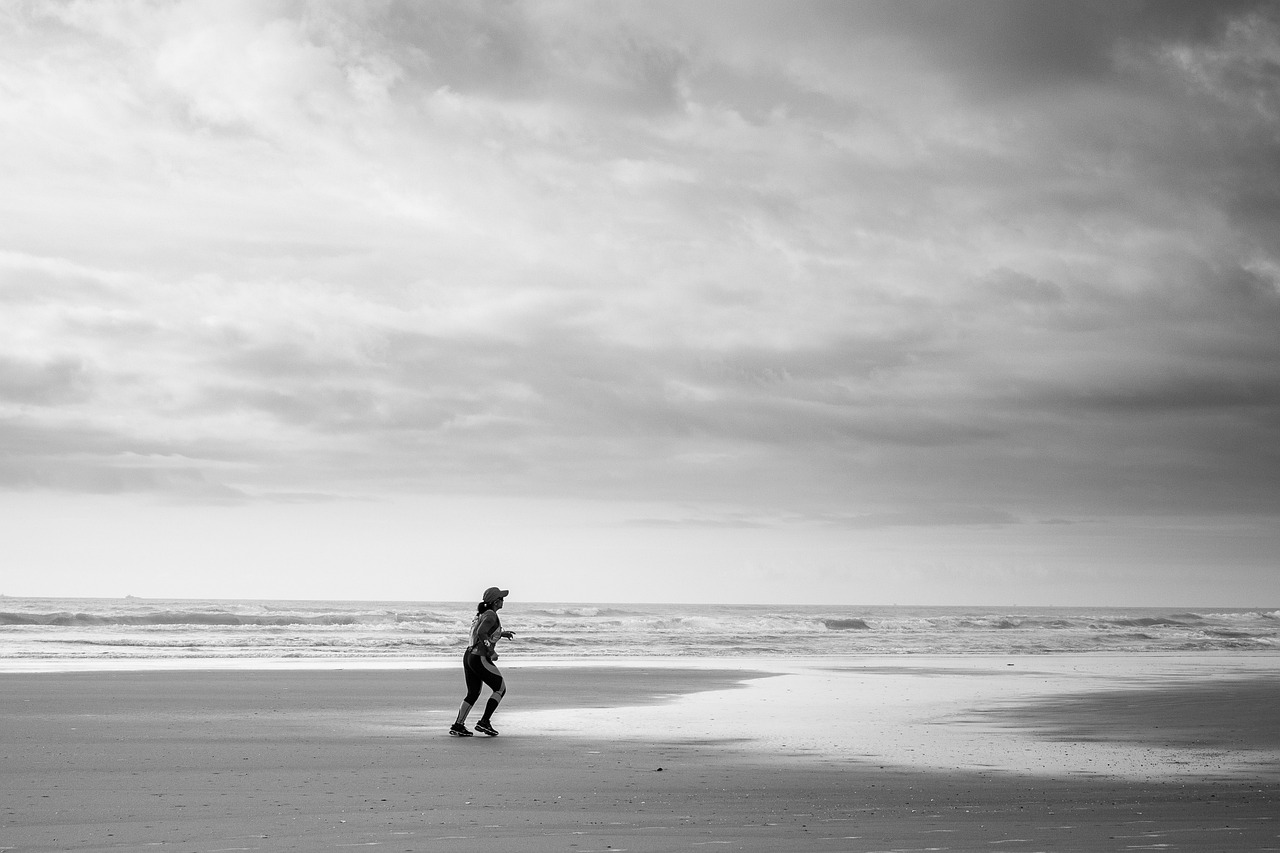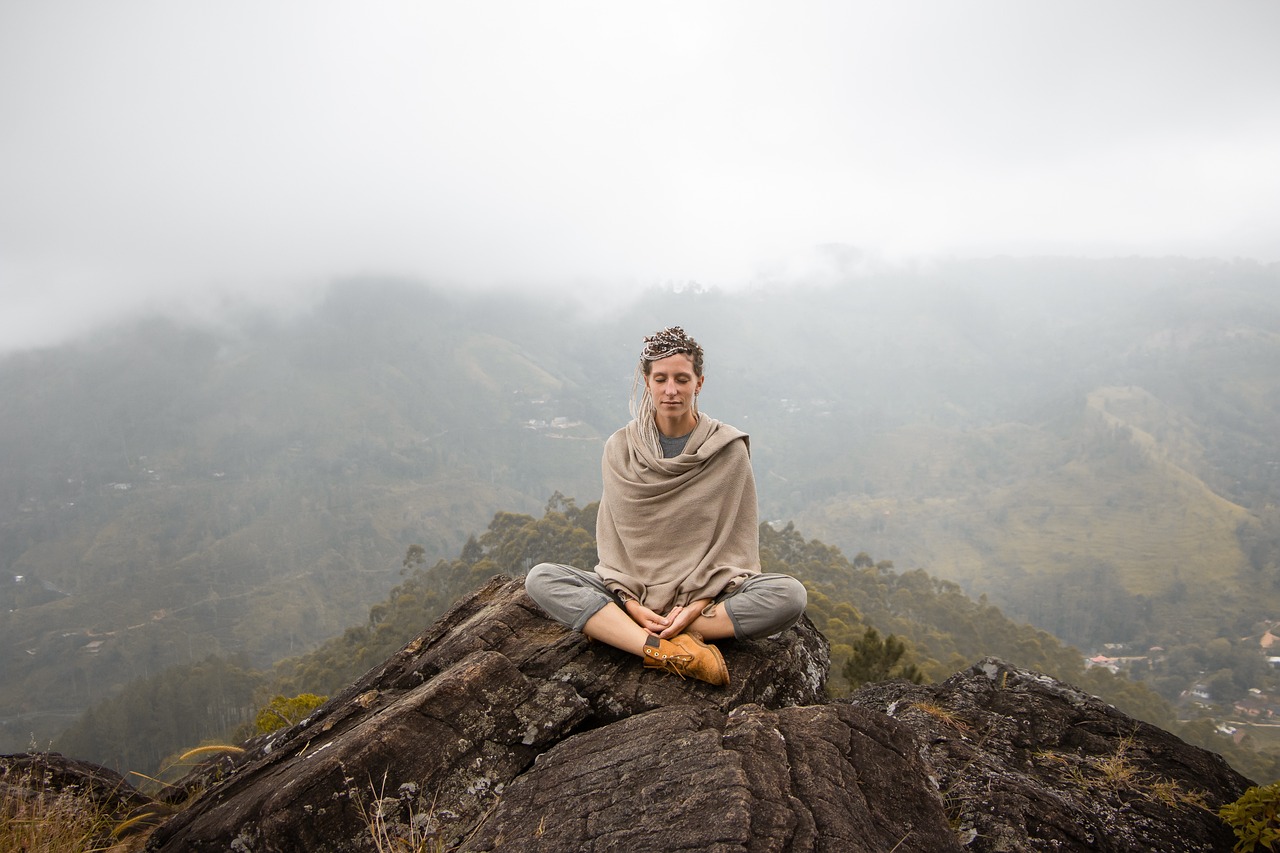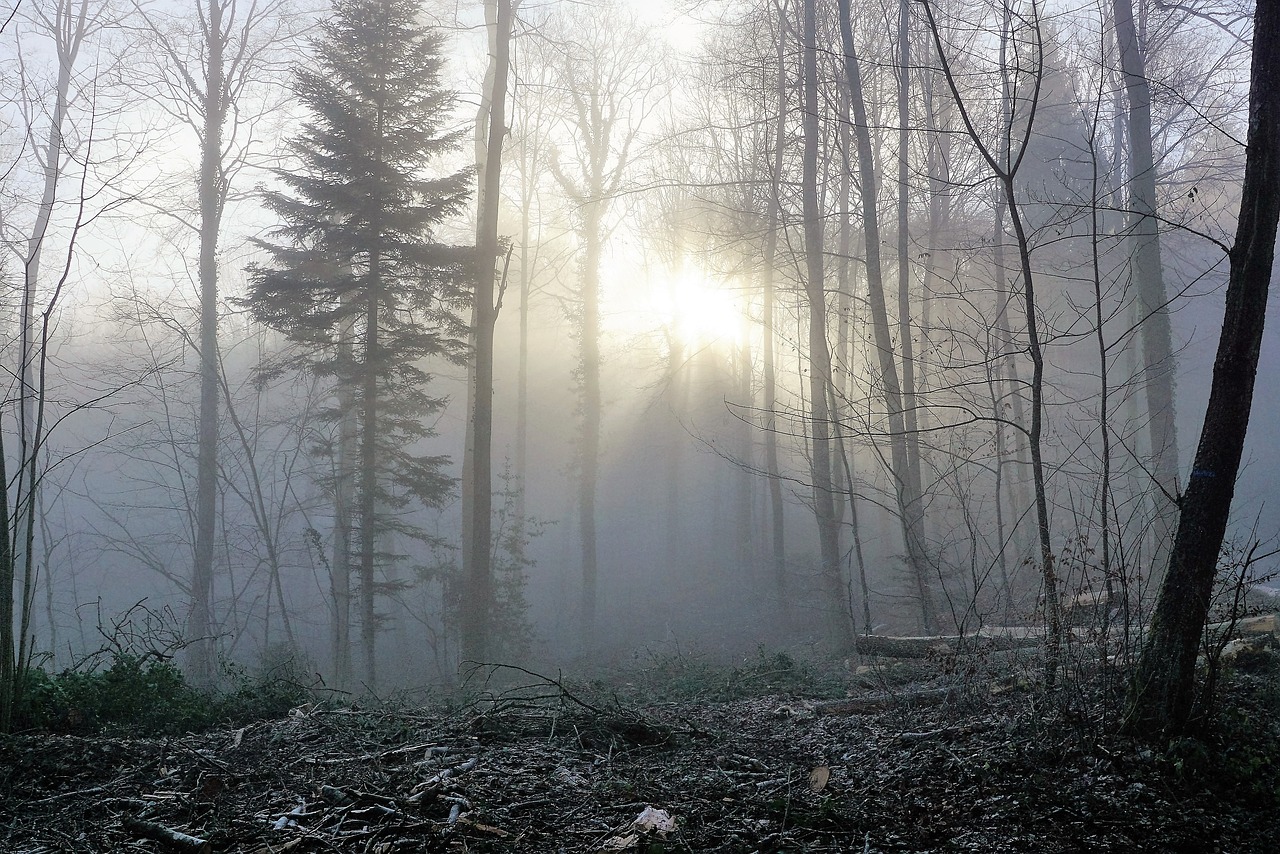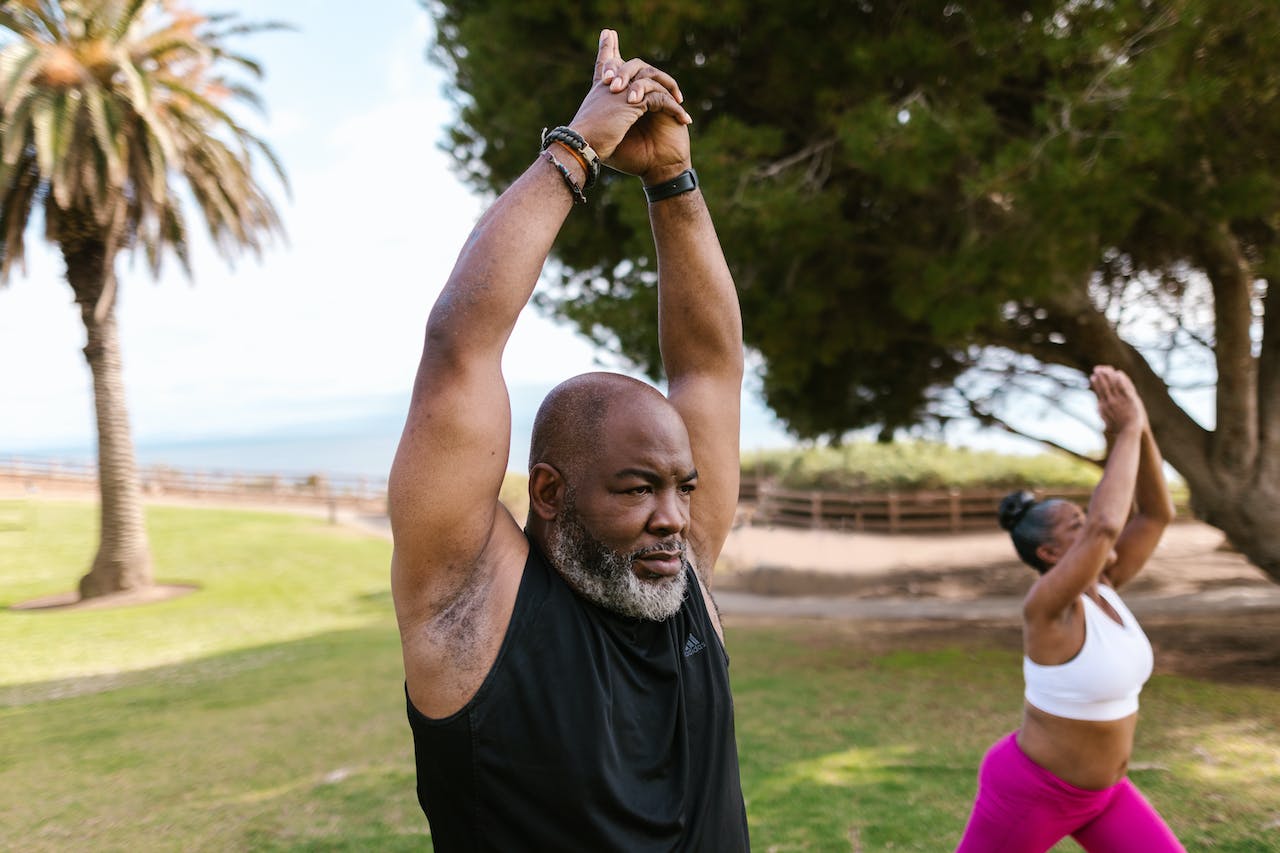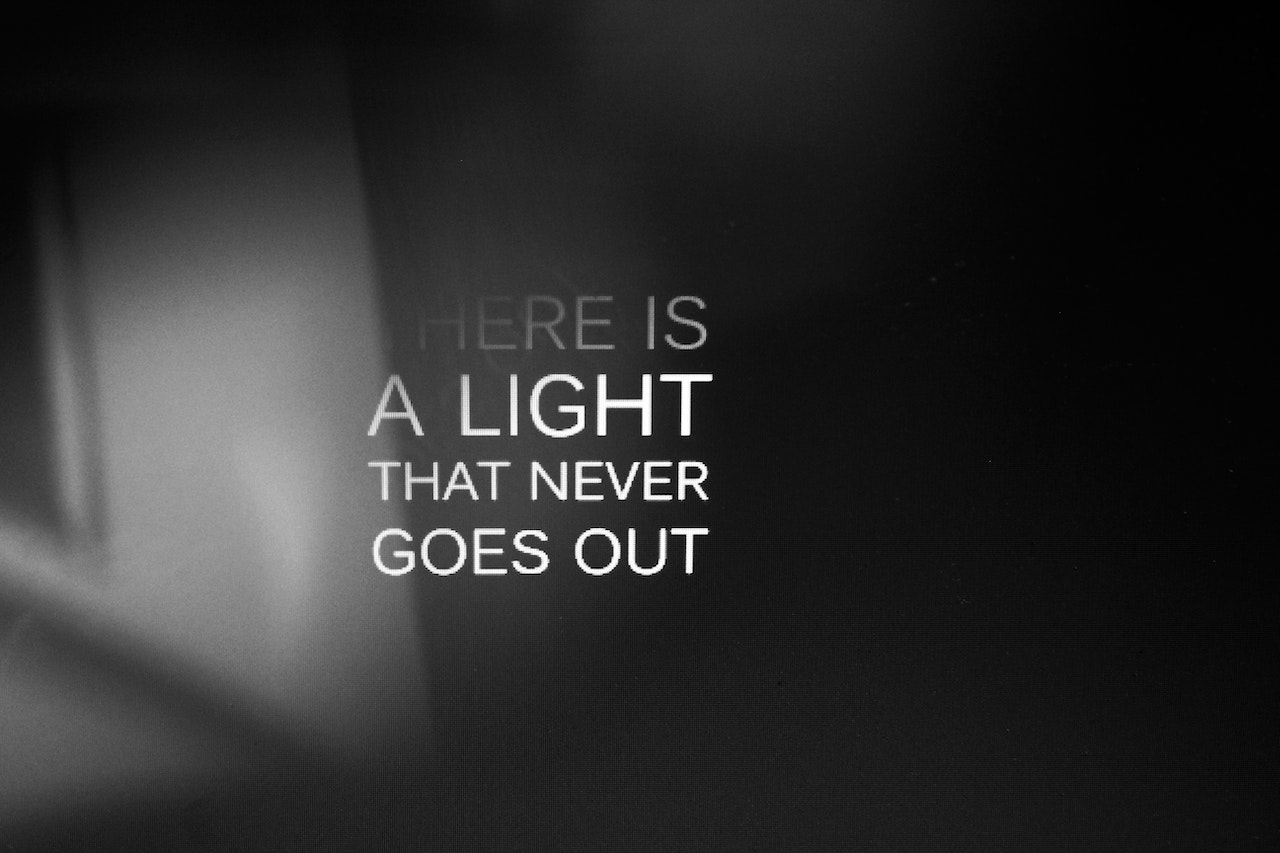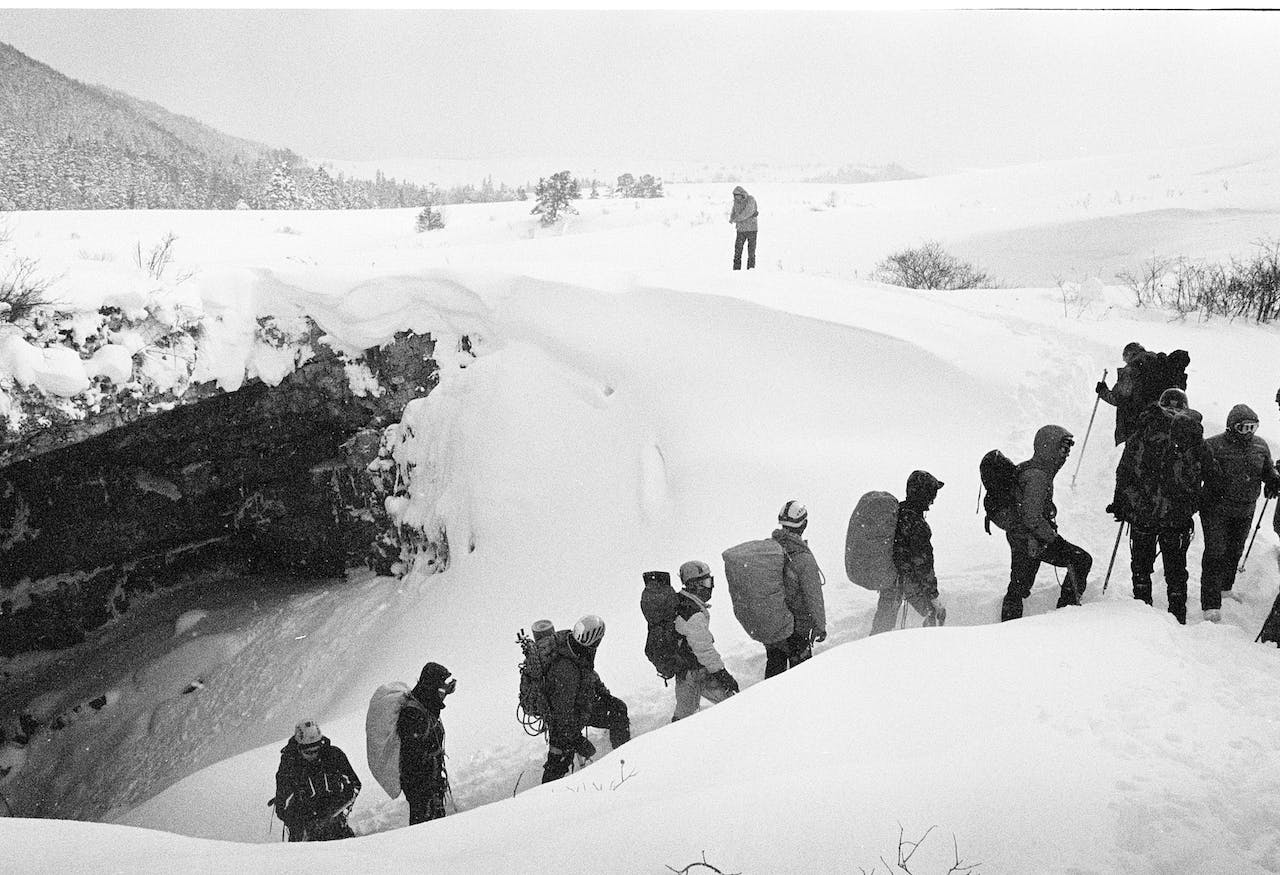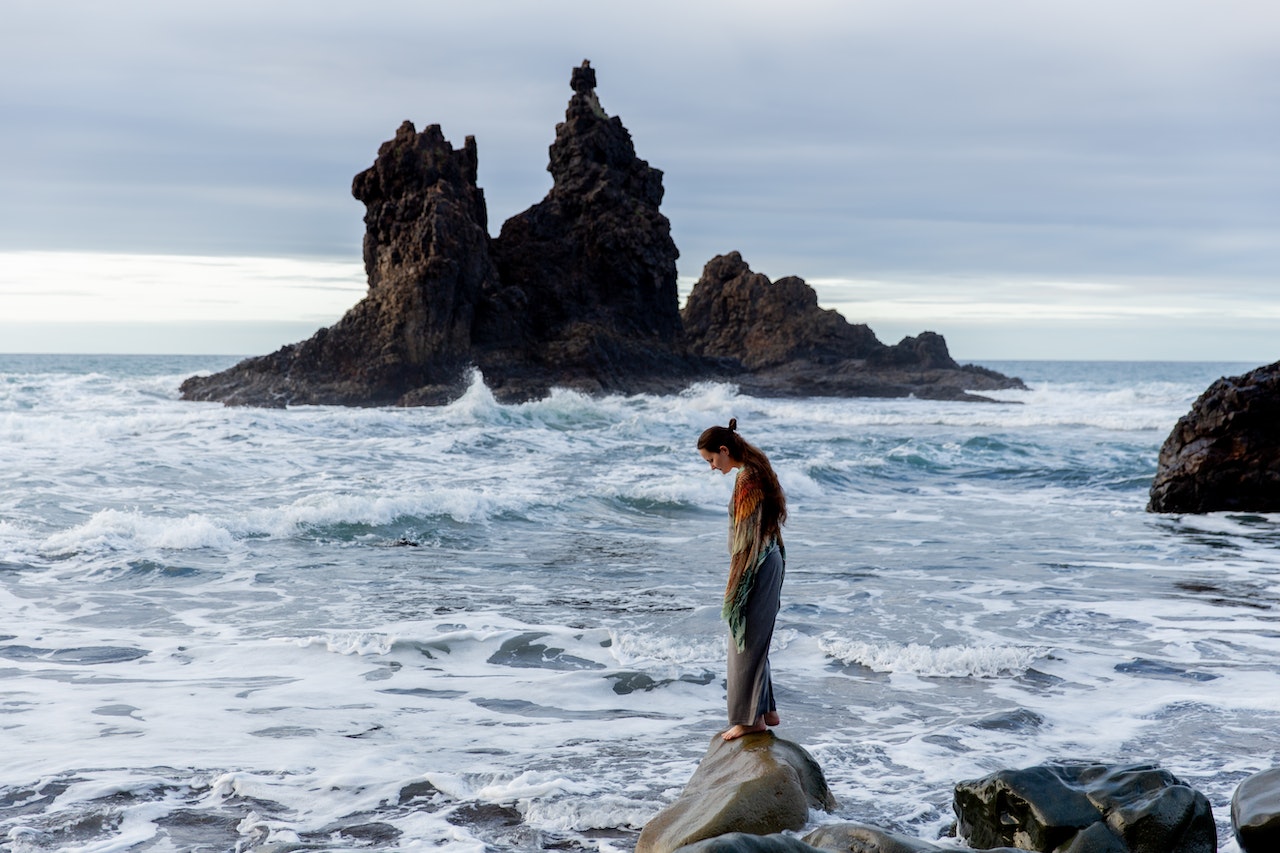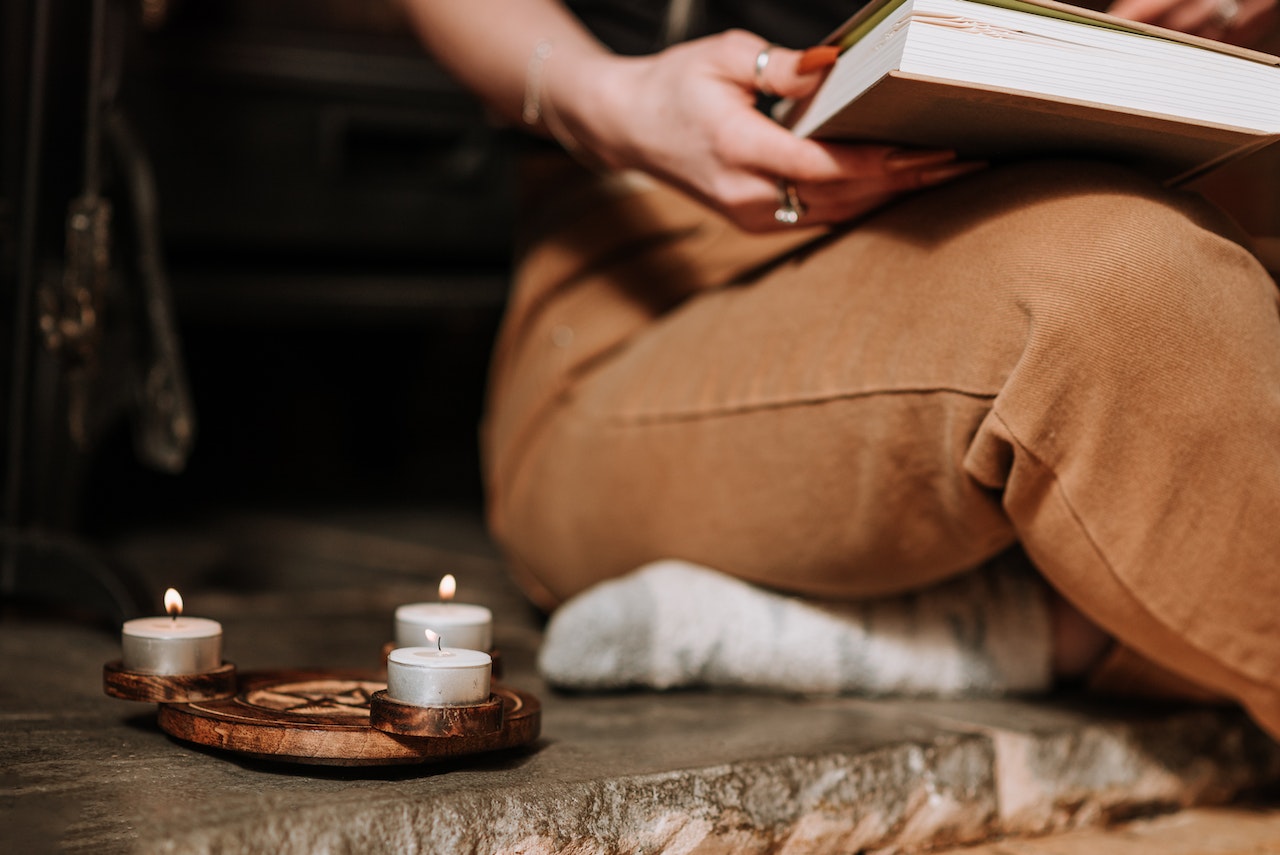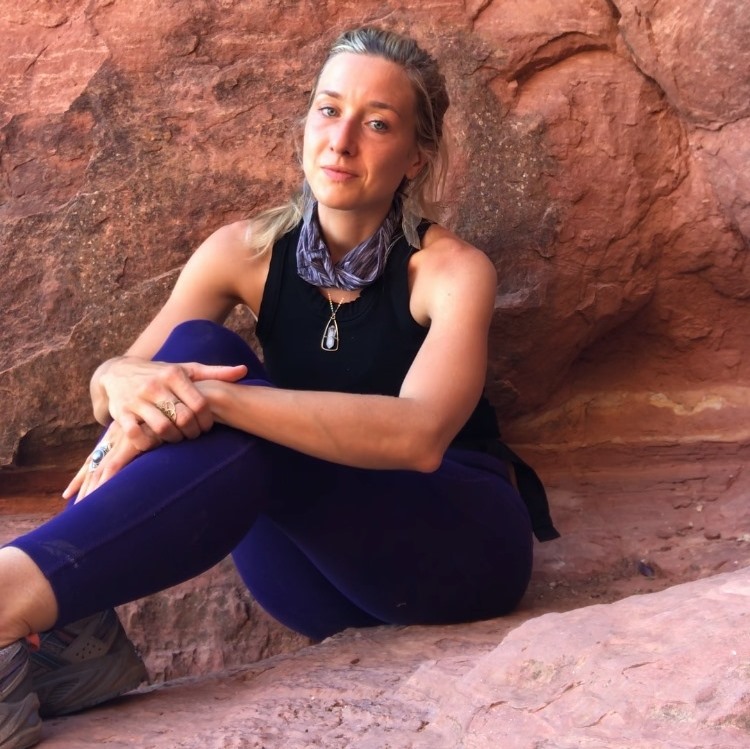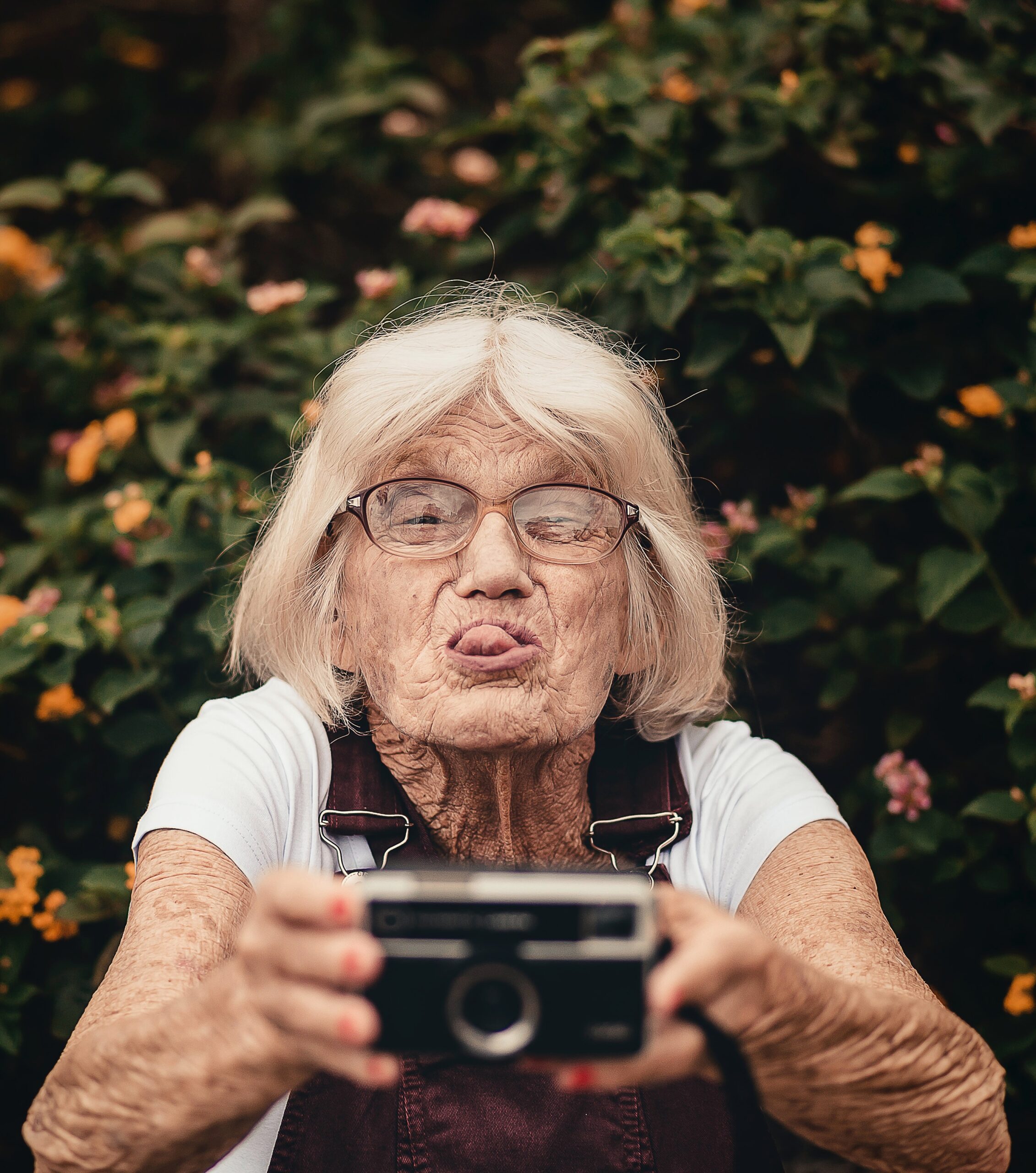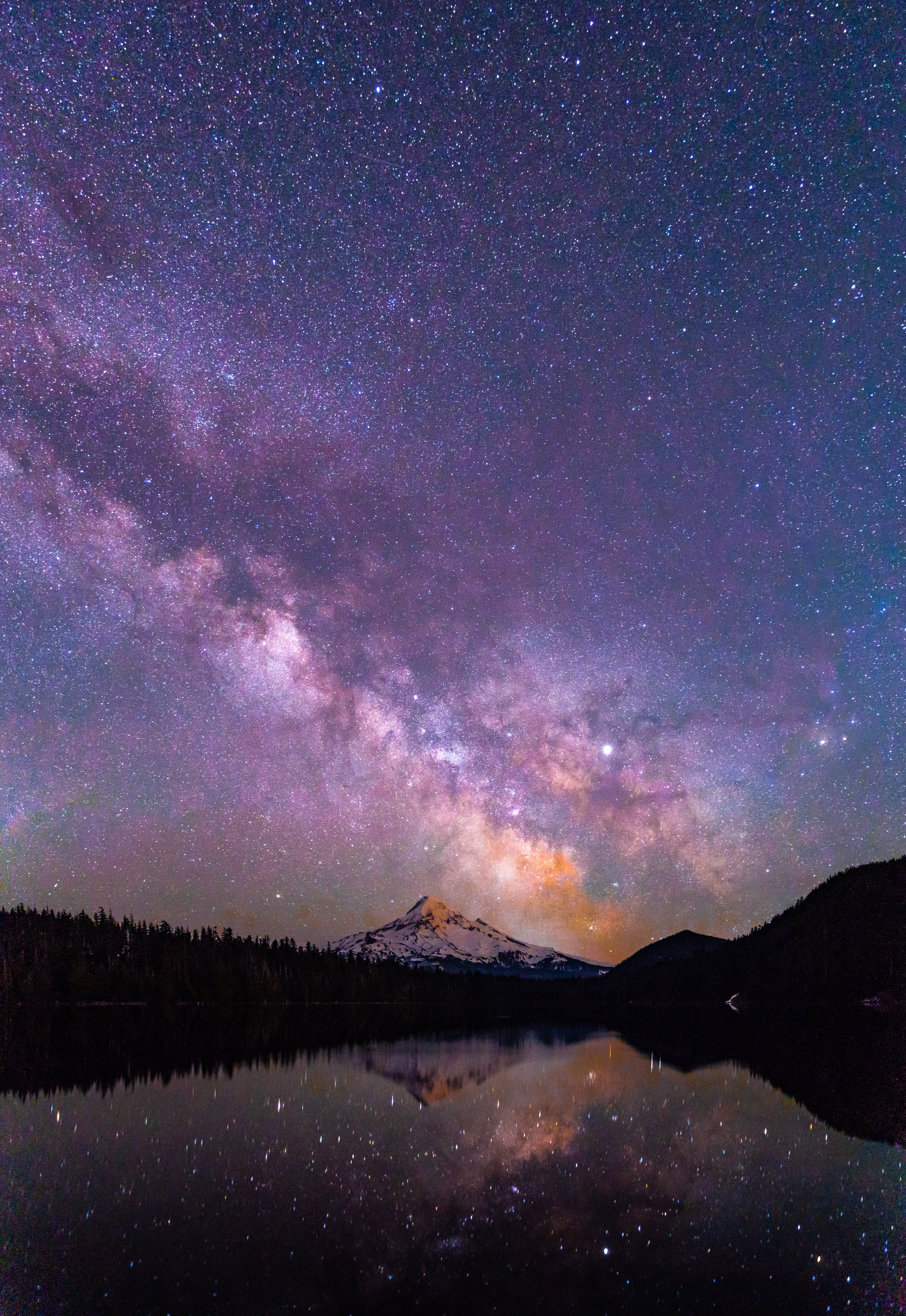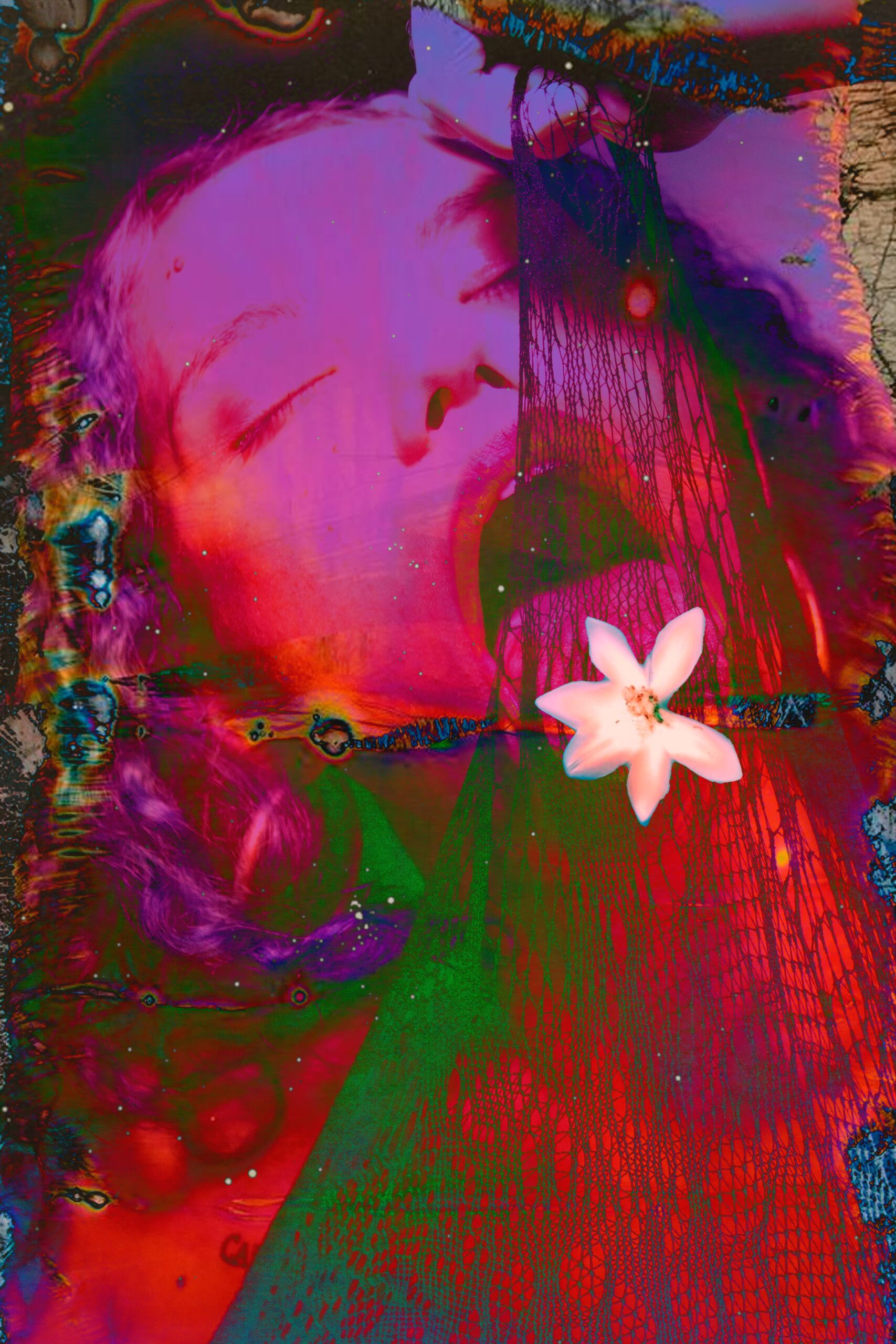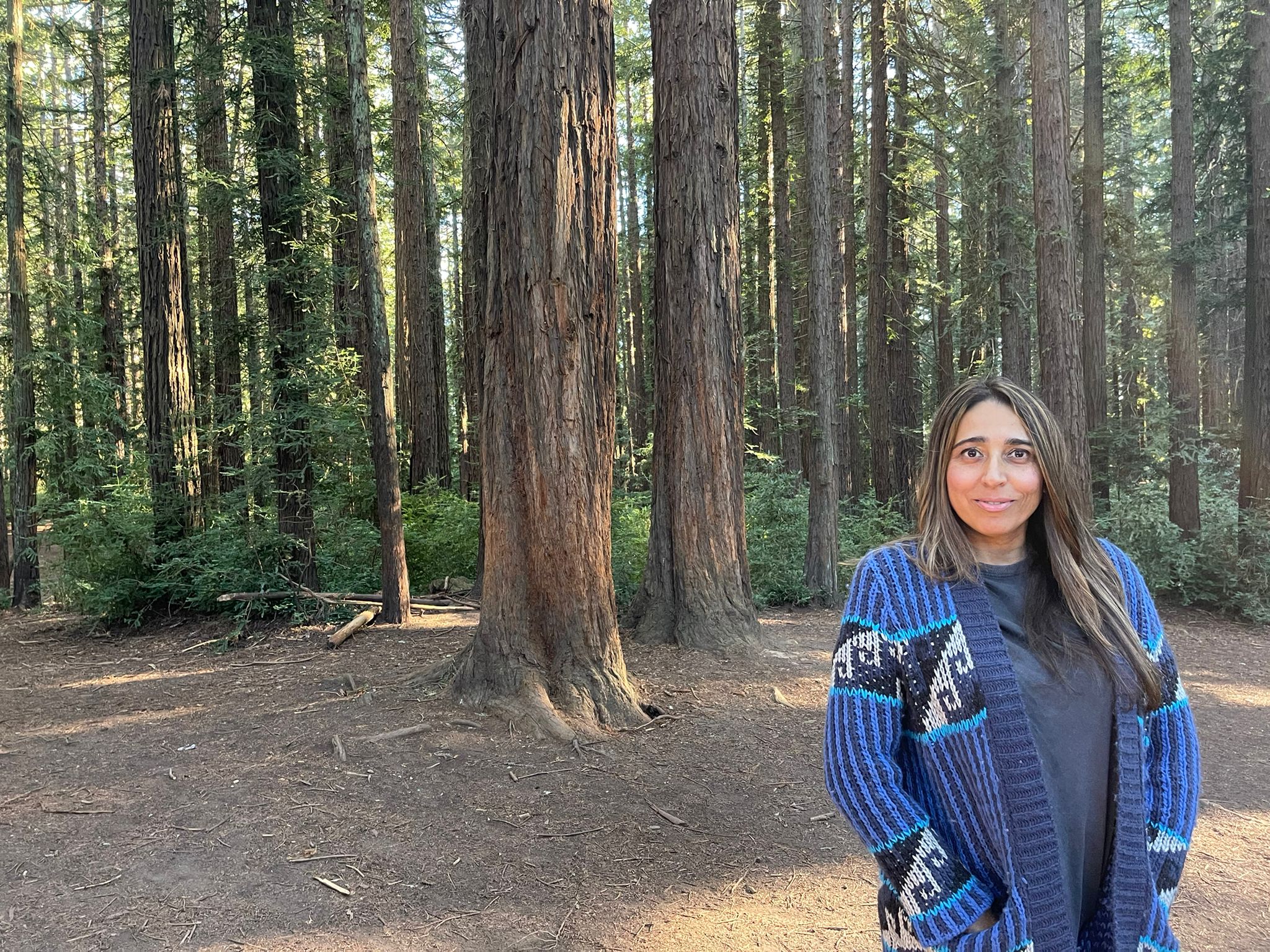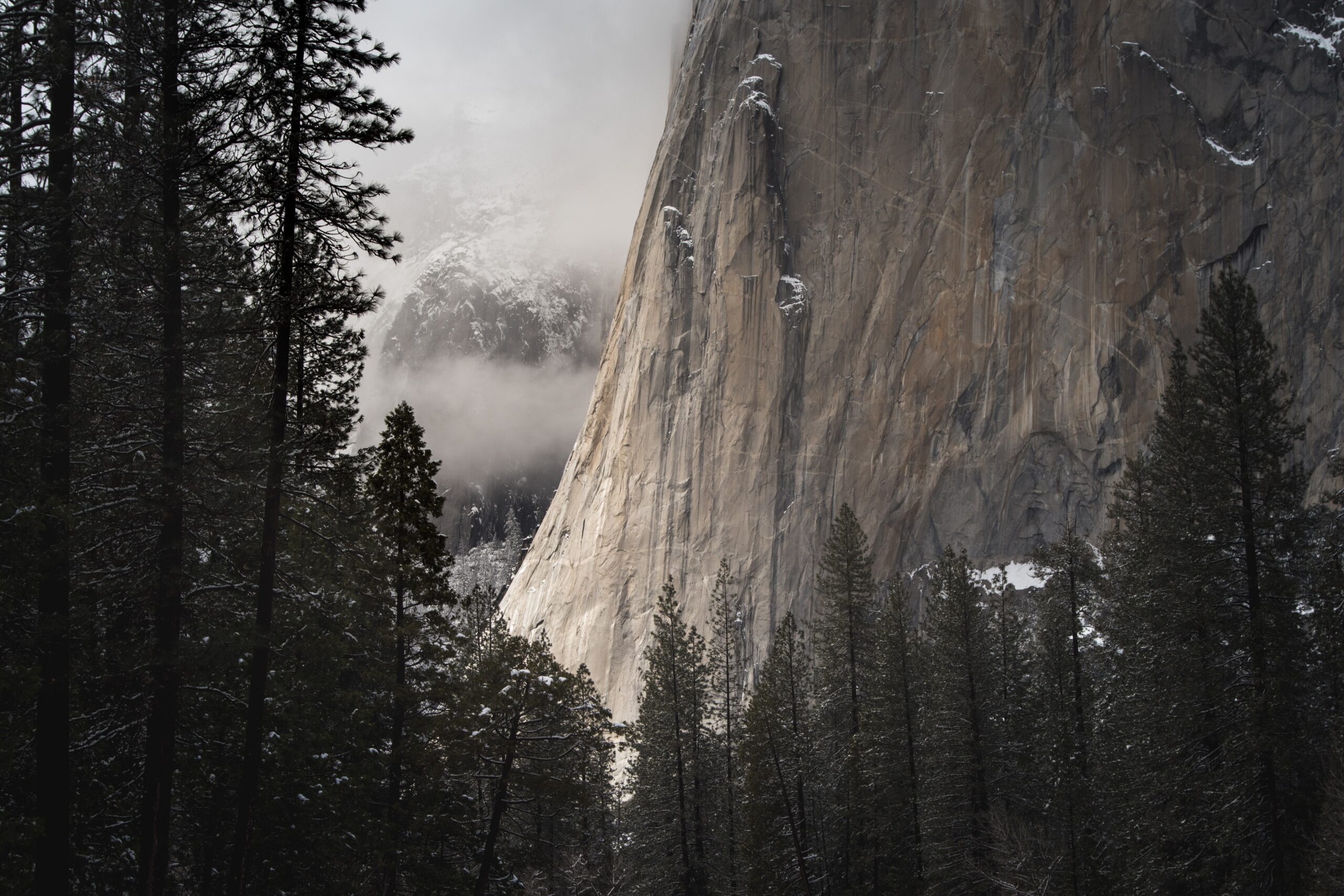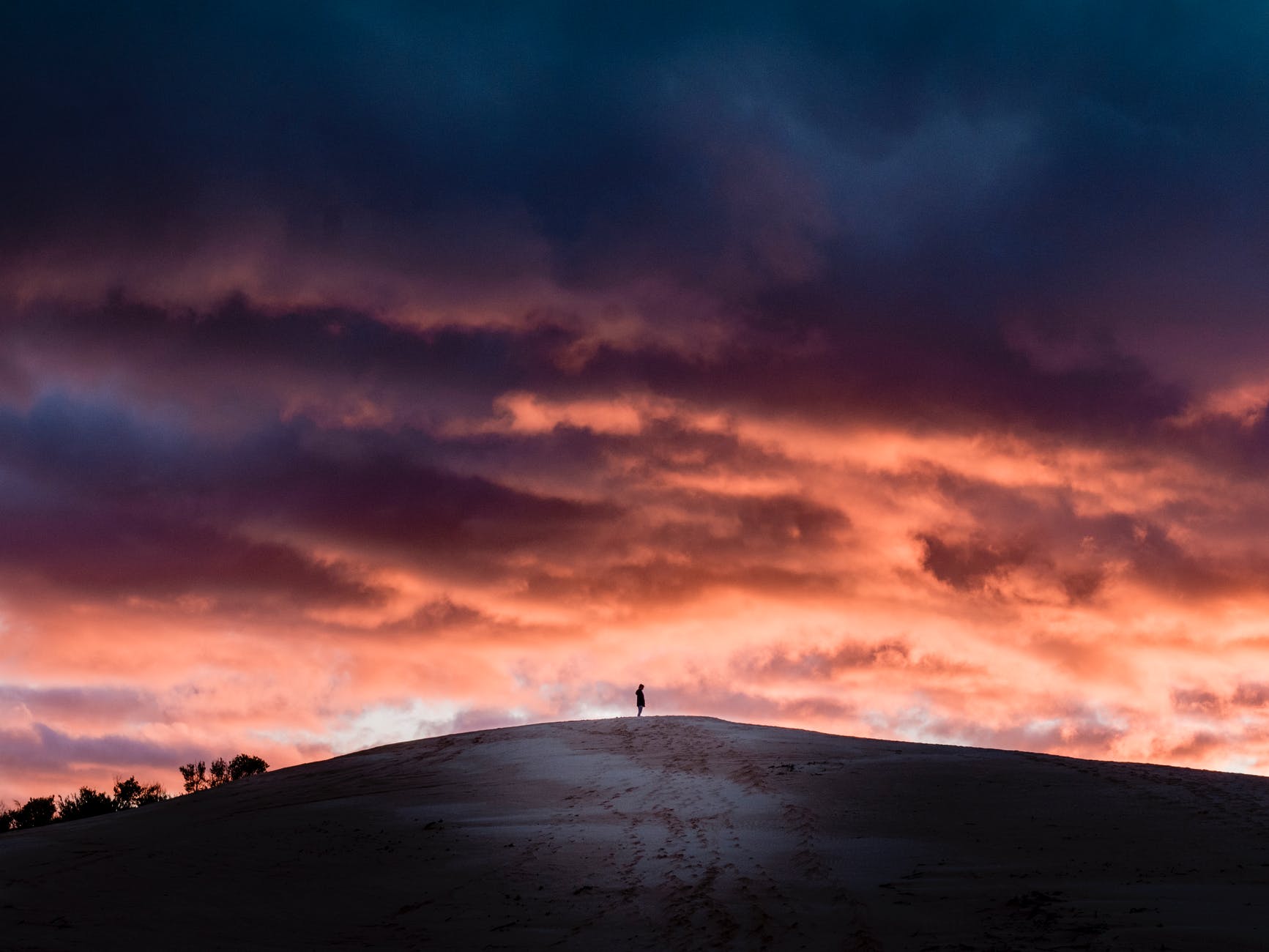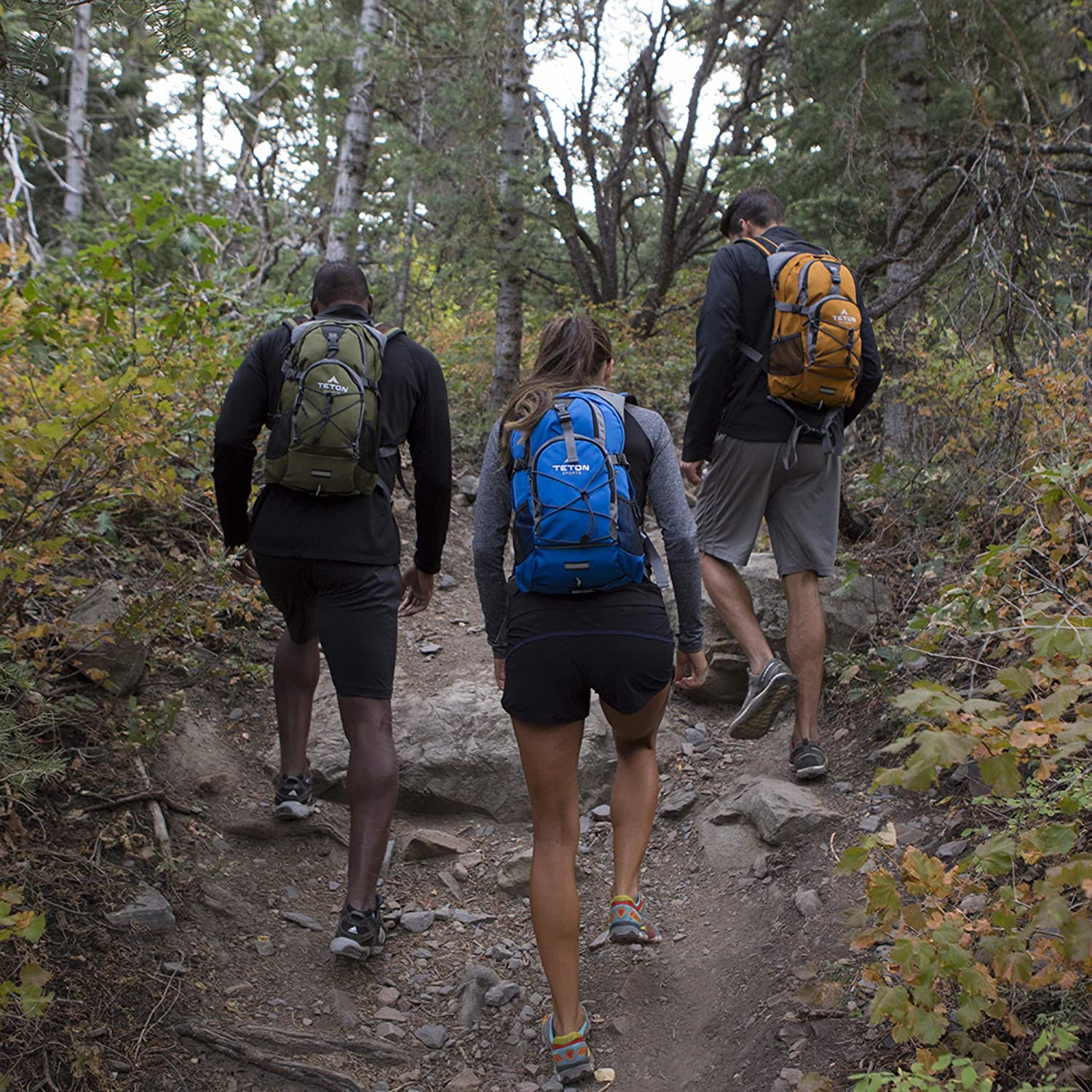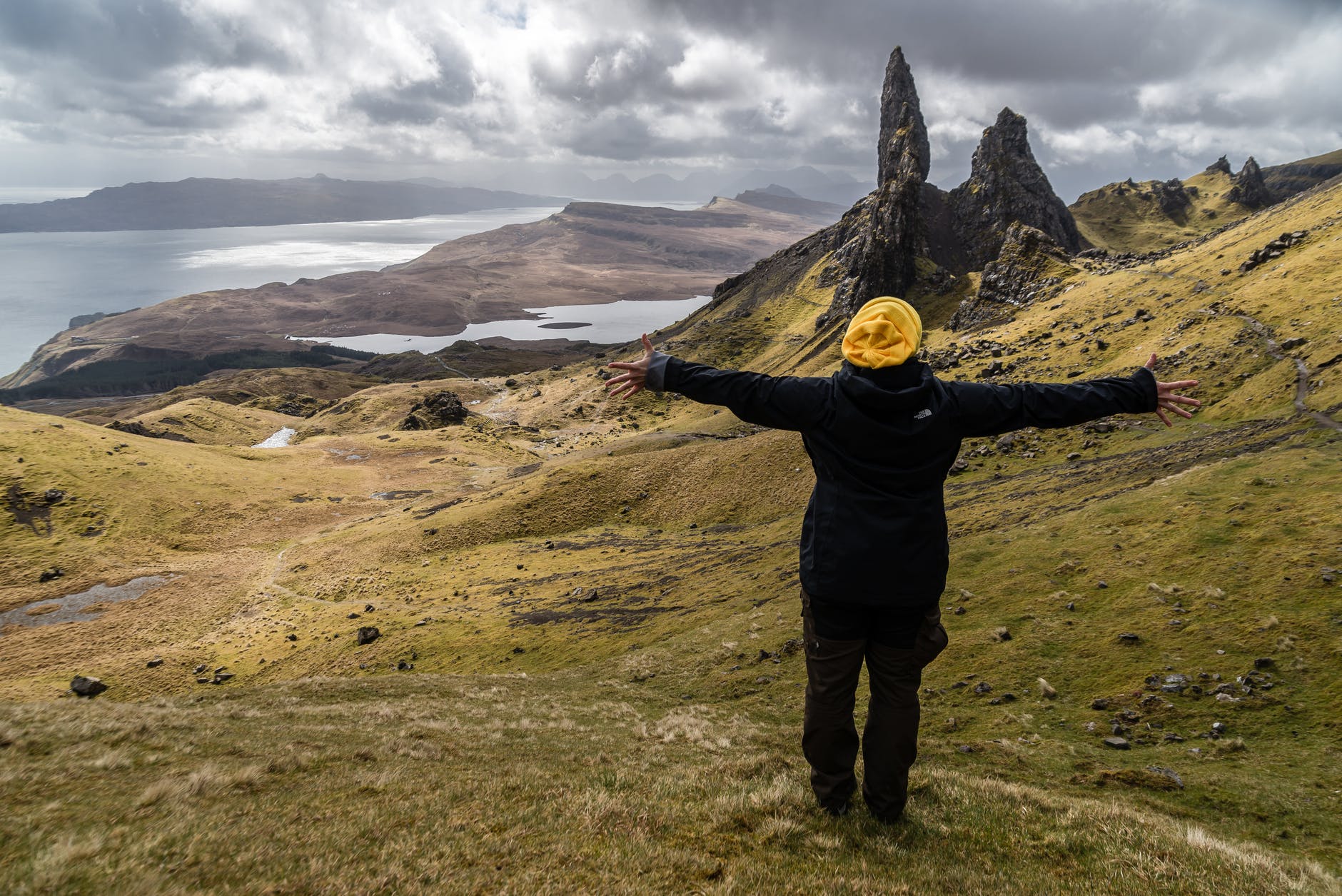Psychedelics seem to be getting a lot of attention and focus these days. We all know that micro-dosing seems to be the new craze so I reached out to Psychedelics Integration Specialist Greg Lawrence offers tips for getting started.
I wanted to know more about spiritual awakening with psychedelics and he was the perfect person for this.
We had an incredibly insightful exchange about using psychedelics to get right with feelings and go deeper within.
On that note if you’d like to go deeper with yourself on your soul journey be sure to download my Ultimate Self Inquisition Guide here.
Listen in below or read up on all of the insights Greg Offered.
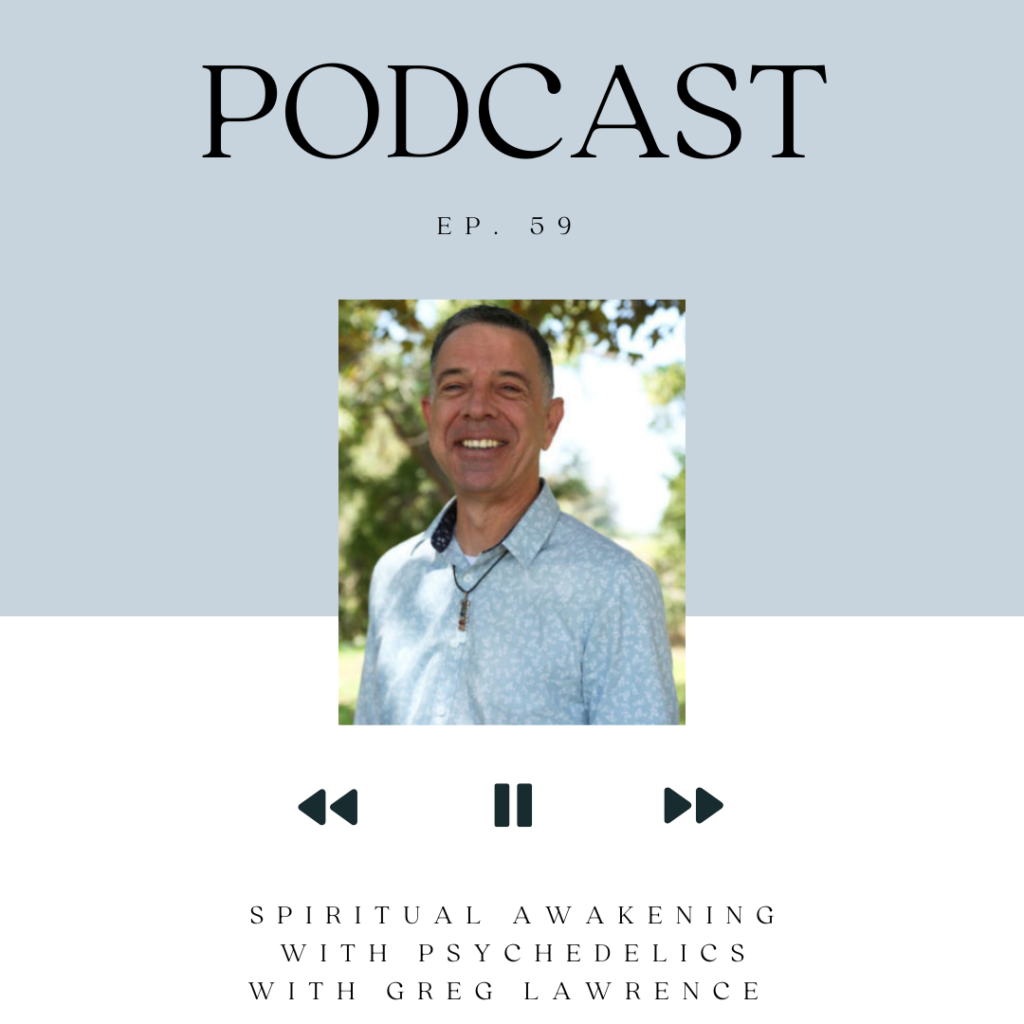
Table of Contents
Our Conversation And All Of My Questions For Greg
On Episode 59 of the Blossom Your Awesome Podcast Psychedelics Integration Specialist Greg Lawrence is here with us and he is going to be talking to us about the power of using psychedelics to leverage spiritual awakening and for a means of healing trauma.
SD: Let’s start with your background, how you ended up here and in this line of work.
Watch the interview here
GW: Oh boy, it was kind of an inevitability. So it’s a bit of a story to it. I use psychedelics along with many other things in my late teens through my late 20’s and Unfortunately in my late 20’s I got mixed up with hard drugs in my life, really spiraled out of control.
I was an addict. I was living in a pretty horrific place and I had a car when I moved there by the time I got, I’m not sure what happened to my car, I don’t know if I sold it, lost it, I don’t know what happened. I mean this is what happens with addicts, but I got pulled out of my physical environment. I managed to move away from the area that I lived in and I just kind of cold, turkey quit using everything except for cannabis which I have used for about 20 years and I lived pretty much a suburban life, you know, I bought a house, uh had a career, started a business and about nine years ago, my wife at the time passed away unexpectedly and my life was kind of turned upside down in the middle of all my grief, I discovered or realized that there was a lot of childhood trauma that hadn’t even been acknowledged, much less addressed. So, um, I was in sort of a alert state, I went and I started working with a psychotherapist, I was working with the coach and at the time I smoked cigarettes, I remember telling my coach that I was trying to quit and he said, I read some study that said psilocybin helps people quit smoking.
I thought, well I know about mushrooms, so I went and got some mushrooms and I took some. And what I didn’t know at the time was, you know, all the times I’ve been taking psychedelics before. I was looking outside of myself, I was never looking in here, but once you point inward in your mind, that’s what the substances do. So rather than having the colors and all the experience I was used to, it showed me everything that happened in my life. It showed me my part in things. It showed me where I’d gone wrong. It showed me the kind of the habits and patterns I had to keep these stuck where I was and I thought afterwards, now that I’ve seen that everything’s gonna be different. And it only took about two or three weeks before everything was the same again. So rinse repeat a couple of times. I had these profound experiences and insights, making new connections about things. And I couldn’t understand why nothing was happening afterwards. So I started investigating and I found out about the concept of integration, which I had never heard of that time. I didn’t know anything about it. I went and intended an integration circle. I’ve been leading those circles for over five years now I was regular.
So eventually I became like part of the crew. But in doing that I was doing some counseling. I was doing energy work. I didn’t even realize I was doing counseling but people were saying things like that thing you told me was very helpful. Thanks for talking me through that. So I learned more about counseling. I was studying integration the whole time, sort of developing my own method for integration. And eventually I got an integration coach certification. And about three years ago started doing this work. I was having people referred to me by another coach and about two years ago I shut down my old business and started doing this full time. So I do this because this is something that helped me transform my life. I was a very different person 10 years ago. I was a very angry person. I had a lot that was hidden on the inside of me and I would have had no business advising anybody on what they should do at all. I didn’t even know what to do myself. So, psychedelics, they’re intentional use and the integration of the journeys afterwards really helped me turn my life around. So, this is just this is a calling for me, it’s not a job.

SD: Wow, I love that Greg. Now, let me ask you. So, when you first did it, had you done mushrooms before, when the psychotherapist kind of recommended that, or was that a first?
GW: It was my coach, and I’d done psychedelics, I don’t know scores of times when I was younger, but it had been over 20 years since I’ve had any contact with them at all.
SD: And so, when you were young you did them, and when you first did them again, you’ve done them before, and then your coach recommends this. So, what do you think it was that brought up this, kind of, inner, questioning and self inquiry for you? What was it this time around when you did the mushrooms?
GW: Again, that really speaks to the power of intention, which is a very important part of the psychedelic experience. You know, you don’t have to have a goal, you don’t have to have something specific that you want, but you have to have an intention, and my overall intention at that time was to find out what was going on inside of me. So, I had become introspective. I had become more psychologically minded. I had been trying to figure out. What’s going on with me and what do I need to do? What’s going to make things better for me?
And once you have that intention, that’s where the substances go. So they just did what I had been doing the whole time. You know, psychedelics are amplifiers. They amplify what’s going on inside of us. They amplify feelings and emotions we have. They amplify patterns. They also amplify our intention. Yeah, I usually tell clients that, you know, an intention might be, I want this and you can’t always just go here. Sometimes you have to go here, here, here and here.
So you might not go right to this as a result of a psychedelic experience. But wherever you do go, it’s going to be leading you towards this.
What Is Psychedelics Integration And What Does A Psychedelic Integration Specialist Do?
SD: Okay. And now explain to us integration. Like what exactly that is?
GW: So you’ll hear a lot of different descriptions of what integration is, but basically it is taking the experience and figuring out what does that mean to me. You know, like the lesson or theme of your experience. And there’s always a lesson with that psychedelic experience, although it’s not always obvious, but I’m gonna take that lesson. I’m going to take that information. I’m gonna take that inside and I’m going to do something for some change or shift to occur as a result.
You know, there are realizations we have during these experiences. Sometimes we get things that many people will get as regrets on their death beds. You know, I should make up with that person. I really do this and this bothers me. I didn’t know I didn’t like that. I really should have done this. You know. So we get very valuable information about ourselves and what we think we need to do and using a combination of cognitive behavioral therapy, neural linguistic programming, mindfulness, a lot of different personal spiritual development disciplines and philosophies and a lot of tools I’ve developed myself. I help people take those lessons and then figure out what do I want to do with this in my life. That might be a new habit pattern way of being your thinking. It could be that someone’s less impatient in traffic. It could mean that they set a boundary for someone. It could mean that there’s some change in their relationship or their career. But we try to figure out what can you do with this? To turn this into a new habit pattern way of being or thinking.
Can We Use Psychedelics For Dealing With Trauma And How Can An Integration Specialist Help With This?
SD: Okay. And now what if someone has a trauma? I mean, is this one of the things we can use psychedelics for? Like if I need to heal and I’m using me as a hypothetical example, this is not necessarily, the case but let’s say I need to heal from something that has just been eating away at me for 20 years.
GW: Well there is trauma with a capital t And there’s trauma with a small t. Most of us have some kind of trauma, we have things that have happened to us in our life, many of them when we were small people that were very painful to us and that have left sort of blocks and uh places that stop us inside of us and hang ups and anxiety, depression, O. C. D. A lot of different things. Psychedelics can certainly help open us up to healing those things. But it should be pointed out that there’s a lot of hype around the use of psychedelics to do things like treat or cure depression say. But all of the clinical studies that you read about have a significant therapeutic component before and afterwards. And it’s called psilocybin assisted therapy. M. D. M. A. Assisted therapy.
The psychedelics are there to assist in the therapeutic process basically. So this is where integration comes in because whether it’s working through something with a therapist of some kind, whether it’s working with the coach, whether it’s doing something on your own or with an accountability partner, there’s something to be done in the aftermath. You know there’s a saying in yoga that says the real work starts when you get off the mat. Well with psychedelics, the real work begins when the effects of the substance have worn off the amount of change or the amount of success if you want to call it that you might have after a psychedelic experience corresponds directly to the amount of work or the type of work that you do after the experience. And I should also say the preparation that goes into it before. So, yes, psychedelics can absolutely provide people with profound healing. People with severe trauma should be careful because psychedelics will help us complete and complete experiences. This brings us to the subject of so called bad trip. Now, I’m not someone who believes a saying that goes around in the psychedelic world that says there’s no such thing as a bad trip because that fundamentally misunderstands what psychedelics are doing when they go into us, they will find incomplete experiences.
So everything on this planet has a life cycle or it goes to a certain cycle and then it withers and dies everything that goes for emotions as well. The problem is we can stop emotions halfway. If something is disturbing to us, we can turn our heads and say, I can’t deal with this right now. And if we do that and that arc is not complete, it wasn’t allowed to fully express itself and die. Let it go inside of us. Because where we hold tension and trauma, you know, we actually say like, you’re holding tension, that’s because we hold these things in our physical bodies, it might be in the fashion to the nervous system, the muscles, but somewhere in this, there is something that’s stuck psychedelics go into us and say, all right, I can see that you didn’t complete this experience. You’re gonna have to remember this and go through it and when you go through it, it will happen the same way it would have happened then. So let’s say that I am three years old and I get separated from my mother in the supermarket. And before I know it, some strange man is holding me by the hand, walking me around saying, where’s your mommy? And I’m terrified Now when I look at it now, of course that’s not that scary. But at the time it’s terrifying If and when I come across that memory, whether it be through therapy or psychedelics and psychedelics do what therapy is designed to do, they bring the unconscious to the conscious so it can be processed.
If that memory comes up again, I will experience that the same way I would have when I was three years old. I don’t get to go back with the benefit of hindsight and say, no, that wasn’t that big a deal isn’t that scary. I’ll have to be scared the way that I was so that I can complete that experience of the emotion can be done and die so that it comes out of me and I’m not carrying it around anymore. So there is a potential to have some scary and disturbing experiences during the psychedelic experience, but that’s a feature, not a bug. And if someone is adequately prepared and understands that this is just something that’s supposed to happen and that you’re a choice. You can turn away from that or you can walk into it and see what happens. It’s a lot smoother for them.
How Does Spiritual Awakening Come About With Psychedelics?
SD: wow. And now, you know, you say, so it brings the unconscious up and so, you know, I found just through my own work I’ve done, there’s we all have this trauma and layers upon layers of stuff that we don’t really even many times know. Is there something that happened to you as a five year old that you think, oh, I’m over it, you don’t really think about it, but that formed that layer of whatever you’re now the class clown because you need acceptance or whatever and that just builds. So this, so it’s potentially things that could just come up that we’re not even really aware of, like, baggage that we’re carrying. Is that one of the something that we could experience?
Absolutely. But you won’t necessarily experience it. Like going through that experience. You just might have the feeling and or the emotion I’m gonna differentiate here between feeling, which is the raw sensations in your body and emotions. So there’s really no such thing as feeling and emotion in your brain. That’s what your brain thinks because everything happens up here. But every emotion that you feel starts off with the sensation or a combination of sensations in your body and your brain tells you what that means. You’re angry, you’re sad, you’re going through grief.
SD: So it’s possible to just have the feeling and process that um without having the actual memory or associating it sometimes or you might actually have the memory.
GW:
It depends very, it’s different every time for every person and there’s no particular way that it’s going to happen when you go in, there’s no way to predict what will happen. And now tell me Greg for you. So talk to us about this experience like the transformational aspect of it. I mean is it so you say you’re kind of when you’re there you’re things are coming up but the work begins after the fact.
Having A-ha Moments With Spiritual Awakening
SD: So are you having these like aha moments and releasing baggage for you personally? Was that just what it was like or how did that kind of play out for you to get to this point of? Oh my God, this is completely transformational.
GW: Well let’s first talk about sort of the mechanism that goes into our reactions. So um let’s just say that I’m very small and something happens which is painful for me at the time at that time. What might happen is that my subconscious steps in and says, you know what from now on when something like this happens, I’m going to make sure that you do or don’t do say or don’t say this and you won’t get hurt again.
Now there’s a problem with this and that is that our brains are ingenious in coming up with these adaptive behaviors for particular scenario and actually putting a template in front of us so that we see this situation everywhere and react to it so that we stay out of danger. But although they’re really ingenious when it comes to crafting these things are kind of dumb, when it comes, comes to knowing that it helped me, then it was great. But now, not only does it not help? Not only do I don’t need it, it’s in my way. So I call these sometimes the manifestations of our trauma, this happens and I do this. I get into a relationship and I react this way, I’m in class and I have to make jokes like an acceptance, Someone says something that’s meant to be constructive criticism and I get very offended by it. You know, if you’re walking down the street and you see a car crash and someone gets out and they’re kicking their car and screaming and you walk by and someone you’ve never seen and they point at you and say, this is your fault, You laugh and you keep walking If you get home 10 minutes later and you left to get glass on the counter and your partner knocks it off and breaks it, they’re very upset and turn around says, this is your fault.
Now I’m upset, it’s not the words, it’s the situation, it’s the context. So there is a lot of work to be done in changing my reactions or my habits patterns, even when I can see what’s causing them, I can see why I do this. Well I’m still doing it, it’s still a reaction that’s built into me. It’s part of that traumatic response, this is happening and there’s a dangerous signal. So I have to act this way. I think most of us have the experience of sitting with someone who we care about, they say something and we know we shouldn’t say something back, we know it’s a bad idea, we know we’re going to regret it, we know we’re not even right, but it comes out of our mouths anyway, that’s how strong that defense mechanism is in us. Why else does that come out of my mouth? It’s because I knew there’s a threat, I have to retaliate. You know, there are little danger signals everywhere that cause us to be triggered and react on those triggers, those reactions, Those manifestations of trauma. Somehow. Now I would have to be addressed to break that pattern in other words, I have to do something or be something differently in the aftermath.
You know, the technology of neural linguistic programming was founded on the work of four therapists, one of them was Milton Erickson psychiatrist and hypnotist who was a genius of working for people and he said something that’s sort of the guiding principle of my work, he said change will lead to insight far more often than insight will lead to change. So we’ve all had the experience, I think of reading books and taking workshops and seminars and all of these things and thinking that all makes perfect sense. And I’m gonna do that as soon as I get motivated to do it. Well, the trick is that sometimes you have to supply your own motivation to start hopping in and doing it. There are a lot of reasons that we have brain chatter, telling us that it’s not a good idea to start this right now or I can do that tomorrow or I don’t really need this right now when I think it’s a good idea. Anyway, one of those is the fact that your brain thinks it would be a very bad idea for you to change because of that mechanism we talked about earlier. These are all things that as far as your brain is concerned is keeping you safe and need to say something to that person on the couch or else they will one up me, you know, I need to make a spectacle out of myself and make sure everybody knows I’m a good guy and get some acceptance from them all these are almost compulsive behaviors.
So we need to do something to address our habits or patterns or ways of being and thinking as they are now in the aftermath and this is where the uh neural plasticity comes in in the aftermath of psychedelic experience with most psychedelics, there’s a sort of environment of neural plasticity, which means my brain has certain chemicals in it to make it very easy to make new neural connections now. But neural connections aren’t just created, you have to do something, I’m right handed. If I want a home new neural pathway, I have to put this pain in my left hand and start practicing my writing, it’s gonna be very bad at first. But if I keep doing it, I created a new neural pathway to things are making a connection that didn’t before. So in the aftermath of a psychedelic experience, I have the opportunity to create a new habit and pattern and do something differently, respond differently, think differently, recognize when I’m falling into old habits or patterns and choosing to respond or react differently. It’s a very powerful thing that can be in the aftermath of a psychedelic experience, wow, this is just so fascinating.

SD: So to really simplify this now. So the premise here is this the psychedelics, they kind of trigger the stuff that we’ve got buried. They help kind of bring things to the surface so we can then acknowledge and then begin that healing process. I mean in the simplest terms, right? That’s kind of the idea?
GW: Yes, but you know, in this process, I find myself boiling it down to this sort of work and hard and things coming up. Sometimes they just give you a beautiful experience in which you feel a sense of bliss. That can be very healing. Sometimes you just realize that there aren’t as many problems as you thought or that having a problem is not a problem. There are a lot of different ways these things work. But us specifically about trauma. That’s usually something coming up. There are many, many ways of psychedelics speak to us. And sometimes that’s just by showing us the beauty of the present moment or the things that we have now that we’ve sort of lost recognition for.
SD: And now, who is the ideal candidate for this? Or is that anyone and everyone?
GW: I would say that the person who may not be the best candidate is the one who thinks that taking a psychedelic is going to make all the changes for them and that everything will be different. They don’t have to do anything afterwards. That doesn’t mean I don’t I’m not someone who thinks everyone, you know this is my work. But I don’t think that everyone has to do work when they do psychedelics. I have no problem with people using them recreationally. And a celebratory kind of environment for music to enjoy another person’s body, food, nature, outdoors. What have you. I think that’s fine. But if you’re expecting to take psychedelics and have them stop a particular condition or change you, you probably need to back up a little bit and maybe regroup and realize that that’s probably not going to happen and you might be in for a disappointment.
Experiencing Transformation With The Help Of A Psychedelics Integration Specialist
SD: Okay, and now, technically speaking, if we’re really going in in the hopes of having a transformation or some kind of awakening or healing, ideally we want to do this kind of supervised with somebody or have this, have an integration specialist or someone kind of help facilitate this, is that correct?
GW: Well, I should say that in my work, I don’t actually sit with people doing psychedelics, I work with them before and or after an experience because of legalities, you know, in the middle. I don’t know where people are doing this, but once they are going to do it, I’m going to give them information that’s going to help them be safe and afterwards I’m going to help them sort of figure things out. And figure out what to do from here. The middle part they have to do on their own. But if someone is doing this for the first time, I do recommend that they at least have a sitter which will be a sober person who will just be there to watch in case they need help of some kind. But you know, there is a lot of value to actually working with the facilitator who understands, especially if there’s the deeper pain. The more serious of an issue you have, I think the more valuable it will be for you to work with someone to have them their during, looking over things during the experience and certainly to work with you afterwards.
SD: Now Greg for you, do you you still take psychedelics and have things kind of continue coming up for you?
GW: There’s always more, you know, on the path of personal spiritual development, no matter what tools or methods or modalities you might be using. You know, you you keep clearing things away. You talked about the layers before. It’s very apt to me. I think that these things are sort of piled on top of each other. So after a while you start getting down to some stuff. That’s very hard. That takes a little bit more work to bring up that may not be as obvious. You know, when you start off on this path, you have some quick wins and after a while it’s not as fast, but there is always more. And if it’s not things coming up then it’s maybe what can I do from here? And sometimes it’s just an enjoyable time.
What Are The Best Psychedelics To Start With?
SD: Give us some idea of what is something that’s better opposed to other things? What is it? Is there a recommendation or what would be the best thing if you want to have or begin on the awakening process with psychedelics? What would you recommend if you’re able legally or suggest or whatever. I don’t know how to put that.
GW: I can give you some information. So if someone wants to dip their toe into the water and they don’t have any familiar at all and all of the sudden psychedelics might not be it. They can always first try things like breath work that can be a very profound experience. Different kinds of breath work can be psychedelic on their own. You can work with cannabis. You can go very deep with cannabis. And there are people now who do cannabis ceremonies and sort of therapy with cannabis and helping people with trauma in those situations that will take you very deep. And if you venture into psychedelic territory you know psilocybin magic mushrooms are physiologically one of the safest things that you can take. It doesn’t mean you should take a whole bunch of them if you’re not used to them. But a low dose of psilocybin is physiologically very safe. There are more emergency room calls every year for cannabis than there are for psilocybin. So you know something like a small to medium dose of mushrooms with preparation integration maybe having a sitter with you can be a very profound experience for someone. At the extremes people ask about Ayahuasca a lot.
Well Ayahuasca sometimes many nights one after the other can go very deep. It’s probably not where I would start but many people have had profound results. So don’t just listen to me but I think that psilocybin is always a safe way to go. There’s a lot of availability because obviously it’s substance that people can grow on their own and many people do.
SD: I mean it opens the gateway to so many different things, but we really can’t have these sort of awakenings would you say without these? There seems to be a certain something that we’re tapping into right physiologically and as you know neurologically that we can’t just do with breath work or other things?
GW: Well I would say that sometimes the word shortcut is used as psychedelics as a sort of a pejorative and I will say that they might be a shortcut, but I don’t see anything wrong with shortcuts.
There are people who spend many, many years and things like meditation and other practices to get to this sort of state or have these sort of realizations and that’s their path. That’s not been mine. But there are I’ve also heard from people who will often hear things like, well no you can get the same thing from you know like meditation. And then I’ve heard people, long term meditators who were saying that they did psychedelics and said it’s not exactly the same. There is something else there. I don’t know if that’s true for everyone. I think they’re obviously ways of getting to these states. But I don’t think there has been a culture that has not had some visionary or plant medicine that helped them get to a state like this.
SD: And now you know as far as transformational journey (listen in to my conversation on spiritual journeying here) is concerned what has that talk to us a little more about your own transformation and then wanting to make a living out of this. Like you’re actually but you you know you say it’s not work you just you love what you do and it seems very purposeful right? Because you’re helping and people are having these awakenings and transforming and overcoming and healing through the work that you’re facilitating.
GW: Yeah my own work was you know the thing about this is it sounds very aspirational. So you’re having a transformational experience but when you come out of that experience sometimes the work that you do is very humdrum. Kind of boring on the ground stop. You know a lot of times people come to me and they ask about integration and they’re looking for a way to sort of experience the psychedelic effects or how do I get this to stay with me? Well that is a state of expanded awareness and consciousness that we can’t conduct normal everyday business. And for the most part you know there’s a reason that you have to be careful of your set and setting and set time aside and stay over here watch where you’re going um it’s a different world. But what we do when we come back and sort of see what we can do in this world, this life, It’s not a matter of staying there, it’s a matter of realizing that, you know, when I’m here, there are less problems too if I can find out what’s holding me back. (Listen in to my conversation with Dr. Lynn and How To Fix Your Karma here.)
So if someone were to come to me and say, you know, I’m I’m not sure where to go in my spiritual journey, and it turns out that they don’t have a job in their garages store, they told me you probably need to get a job and clean the garage. You can’t just jump from here to there. So, the work in the aftermath, for me, it was things like setting boundaries, understanding what I wanted, need and deserve from a relationship. Having difficult conversations with people doing things that I didn’t like to do because they were necessary. And doing those first, dealing with procrastination, there are a lot of regular humdrum things that you might do in therapy that I did as part of my integration, that made me a much happier, more fulfilled person. And things that you think I wouldn’t have necessarily come up had it not been for the psychedelics. That’s quite true. You know, I should say that I used a three legged stool. I was working with a psychotherapist coach and psychedelics. So somewhere in there, a lot of things got covered, that might not have otherwise, but certainly a lot of things came up in my psychedelic experiences that would have taken a long time to get to through anything else.
Some Tips Psychedelic Integrations Suggest For Getting Started
SD: Wow! This is so fascinating. Now for someone who wants to get started with this what are some tips? What are the steps? For trying psychedelics, is there like a really great resource that you can offer? I know we have your site, so can people work with you? Doing and getting the psychedelics themselves, but then work with you online or how does that work?
GW: Yeah, that’s what usually happens. You know, getting the psychedelics, having the experience of something they do on their own. They work with me to help them prepare and then we will do things like, you know, develop and sharpen the attention and go through some exercises that might help them based on what their intention is. And afterwards we kind of make sense of the experience and figure out what you might want to do with it from here. But, there are psychedelic societies popping up everywhere.
There are meet up groups, there’s information on facebook and other social media platforms everywhere. Do a lot of research, ask a lot of questions, Take everything with a grain of salt, have an eye toward harm reduction. Take your time, take it slow. Talk to people who know about this and see what you can. Find out what you can. Learn what you think is your best path. You don’t have to listen to people saying you need to do this much and it needs to be hard and this is what you have to do afterwards. I don’t like to put too many you should around the use of psychedelics, except that you should be safe and responsible. Meaning you’re going to make sure that you are not hurt and someone else hasn’t hurt you in the process.
SD: And now, for you Greg personally, what is spirituality? What does that entail as a whole?
GW: That’s kind of hard to say, because for me, spirituality involves something that really cannot be described by words or thoughts, you know. There’s something that makes up the background, the palate the of everything. Eventually we have to trace everything back to one thing. If you keep going long enough.
SD: Where did this come from? This idea?
GW: Where did it come from? Well, nothing came from a whole bunch of different things. It all came from somewhere. Whatever that somewhere or something is to me is the basis of spirituality. It is the material substance. The basis of everything that you can possibly see and know. And it’s not possible to know it. It’s not possible to think about it. It’s not possible to speak about it, but it’s something that’s always there and it’s something that’s part of all of us.
SD: I love that, that is beautiful. There’s a sense of, like, real grounding with you, like you just seem like you’re calm. You’re collected. Your at peace. So, is this these years of work and really kind of healing yourself and going inward and, you know, seeking and awakening? Is that what you attribute this to?
GW: There’s a lot of work, a lot of looking at things that I didn’t like, a lot of accepting things I didn’t want to accept and a lot of letting go, things that I thought were necessary to hold onto.
What Are Some Myths About Psychedelics?
SD: And what do you think? What is the myth that we need to kind of demystify hair about psychedelics? Is there one thing or a couple of things that are just like bad info that’s out there, that we can kind of correct?
GW: Yeah, psychedelics don’t make psychologically healthy people crazy. Psychedelics don’t cause us to feel anything that we don’t already feel. Everything that comes up in a psychedelic experience happens for our healing and there are no mistakes in the psychedelic experience. There is such a thing as having a difficult time or what some people call a bad trip that does not mean that you won’t get something out of it later. This is always the second part of that, you know, even in difficult, even a bad trip can be turned nothing more than a difficult experience if there’s some context around and you integrated. That’s quite true. However, I had a bad childhood. Yes, it ultimately made me a stronger person. That doesn’t mean that it was just a difficult upbringing and it wasn’t a bad childhood because I wouldn’t wish it on my worst enemy and I certainly don’t want to do it again.
The fact that it made me stronger eventually doesn’t mean that it wasn’t bad at the time. The same thing with psychedelics doesn’t mean that you won’t be scared or something won’t uh make you feel bad during the experience. But it’s done for a reason that’s already inside of you. And it’s kind of rumbling underneath and the psychedelics just going to say, look, you just need to feel this. So it gets out of you. And they’re also not magic pill. They’re not a quick cure. There are people who have experiences and afterwards they’re somehow changed. But it’s far more often for someone to have a psychedelic experience and think everything is different. And then like me a few weeks later, see that it’s really not. It’s just kind of worn off.
SD: Wow! So now in closing, first of all I want to say this is all just such incredible insightful information for anyone out there because I know there’s just like you say there’s so much information, right? And it’s kind of like, okay, where does one start without getting bombarded with all the wrong stuff or too many different opinions and ideas. First of all I would like to say, I just thank you so much for your time today and being here and sharing your insights and your expertise with us.
GW: Well, thanks for having me, I appreciate it. I should throw in. You asked about Where to start. So Michael Pollan wrote a book called How to Change Your Mind. That’s a very good place for beginners to start. And there’s actually a documentary coming up on netflix that he is has produced and is narrating that goes over a few different substances, but it’s a good place for beginners to start. You know, Michael Pollan was a famous writer for years, he’s a great storyteller. His book really is a very thorough dive into the work of psychedelic healing.
SD: Okay, that is a really great resource and Greg, I’m going to have links to to your site and then other ways for people to get in touch with you. But in closing now, if there were one message, some wisdom, something you’d like to leave us with, your hope for the world, what would that message be?
GW: Just that we’re all a little bit kinder to each other.
SD: I love that Greg. You have been awesome. Thank you so much.
GW: Thank you very much. Sue, it was nice talking to you.
SD: Thank you.


